This is an interesting question. Synthetic turf pitches have some of the same playing characteristics as clay. We slide there. But should we apply the same treatment as clay tennis courts? So indoor, outdoor, with a lot or little sand, here's what you need to know.
Artificial turf pitches are those that require the most maintenance. If you do not care, they wear out much faster, and in just a few years you can change them. Let's talk about maintenance and watering.
Depending on the carpet used, the amount of sand will differ.
- A carpeting of the type WPT will use little sand (approximately 2000kg). Its maintenance will be important initially to spread the sand all over the field. Then some broomsticks and the turn will be played.
- Standard carpet will require more sand (at least 8000kg). If this sand is not frequently "moved" and returned to the most used areas (service return area and volley), you will quickly wear the carpet and quickly see holes forming there. The solution: Frequently sweeping, especially when you see small piles forming, will extend the life of your carpet.
the watering
There are fans of watering. In Andalucia in particular, some players have taken the habit of watering before returning to the field, as do tennis players on clay. This technique makes the track less fast and especially less slippery. Disadvantage the more water you put, the more water you will need.
Here is the explanation: When you water, the mixture of silica (in the sand) with dust and dirt form as a compact mass. This paste, once dry, makes the ground even more slippery. So, you water even more ... It can even appear on certain areas that there is more grass so it is compact.
You will notice these compact areas during the rains. On the most used areas puddles form. Due to this mass of silica and dirt, the drainage is less good than elsewhere. If so, do not worry, it will come back, but over time.
Tips: Do not water the grounds or very little in the summer, 2 minutes and once a month. And above all, never do it with pressure because it breaks the grass fibers.
Julien Bondia is a teacher of padel in Tenerife (Spain). Columnist and advisor, he helps you play better through his tutorials and tactical/technical articles padel.

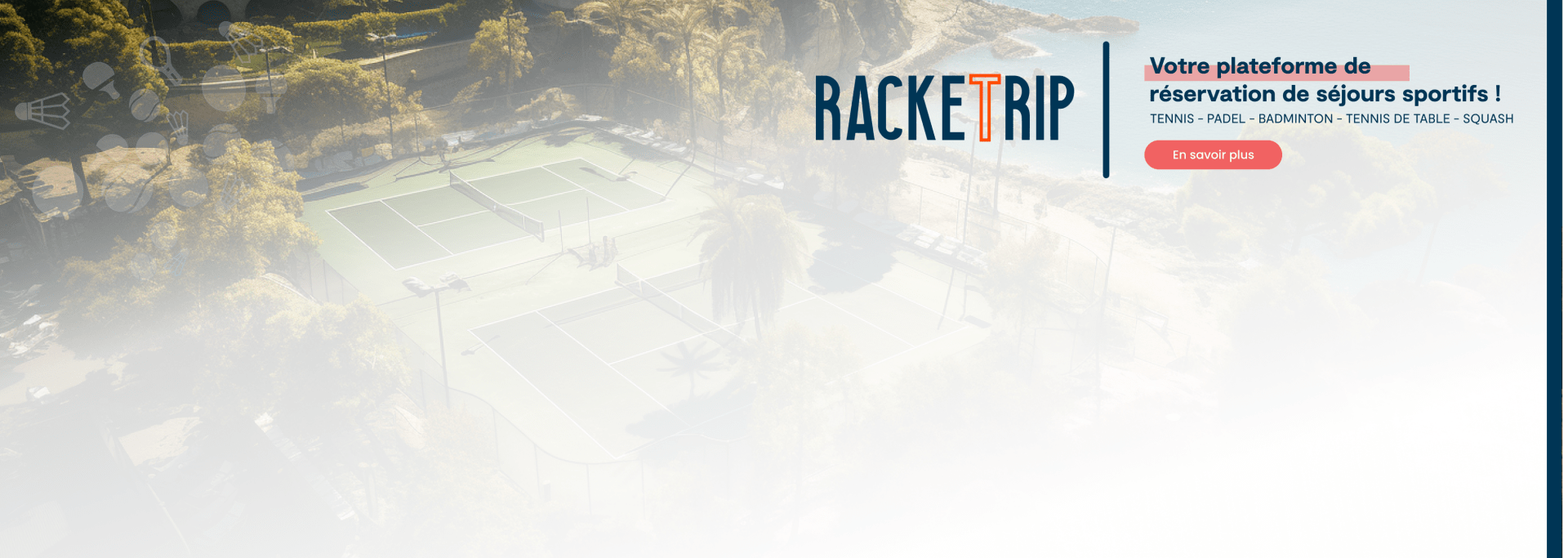


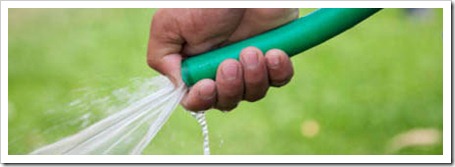











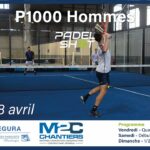




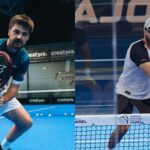

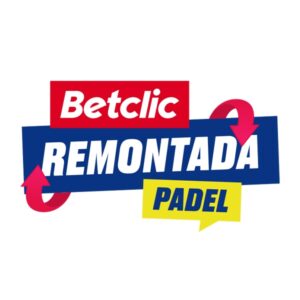







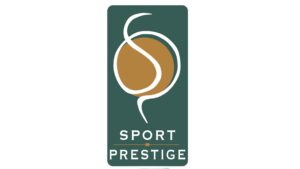
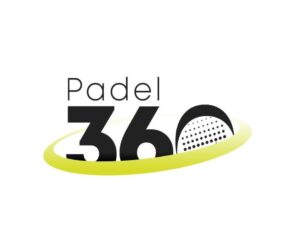
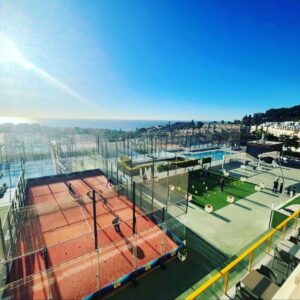
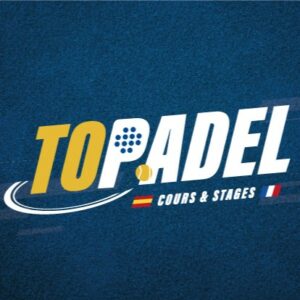



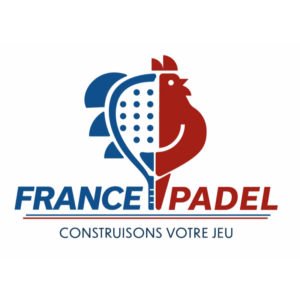
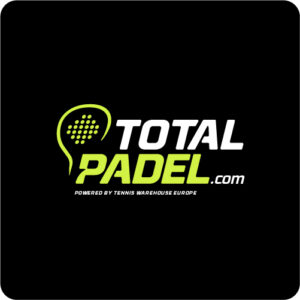
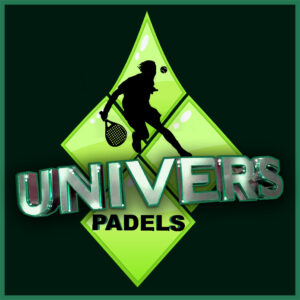



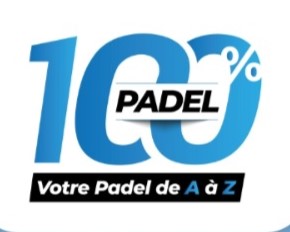
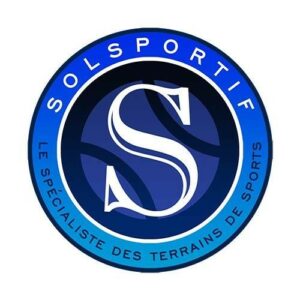

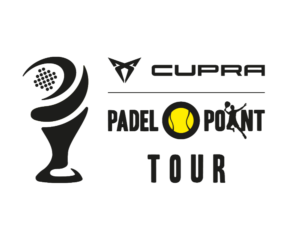

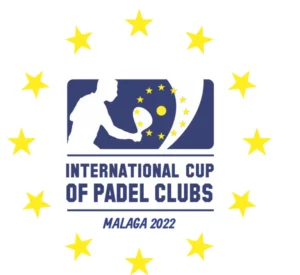

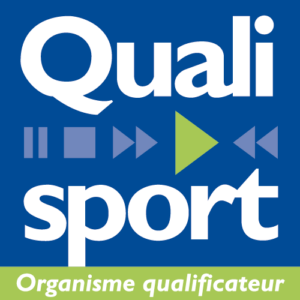
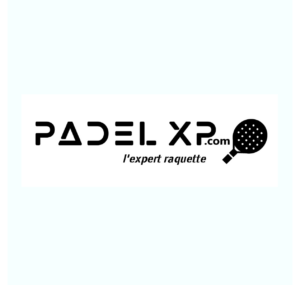

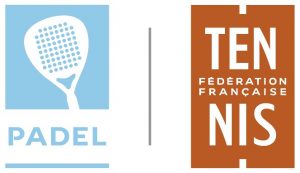
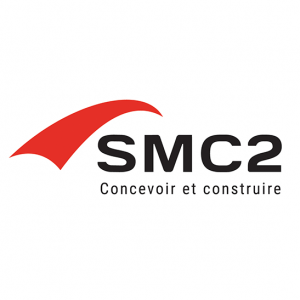

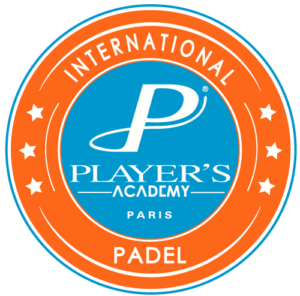
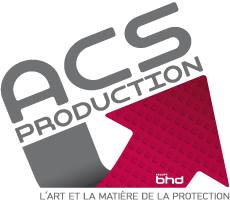
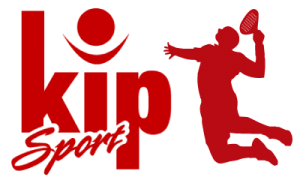



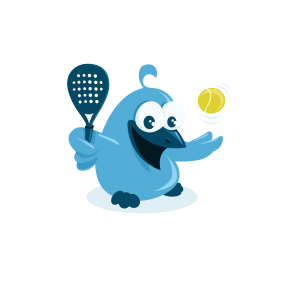

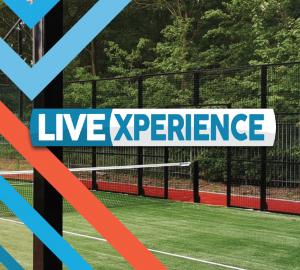
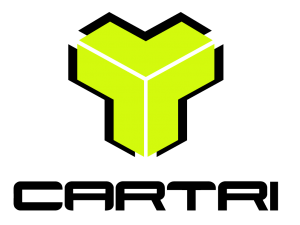
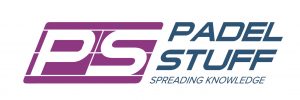
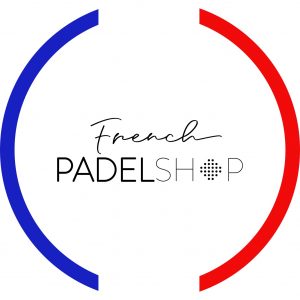
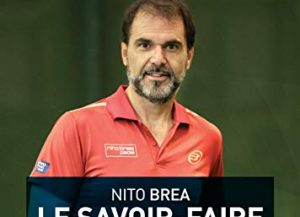
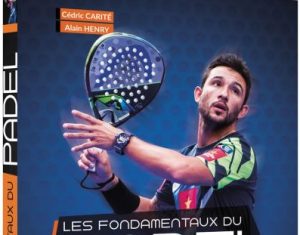


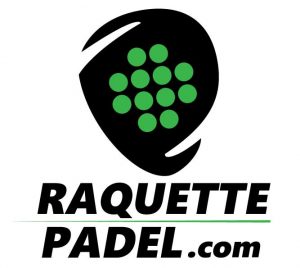
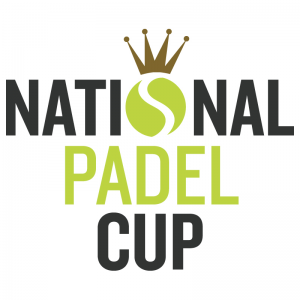
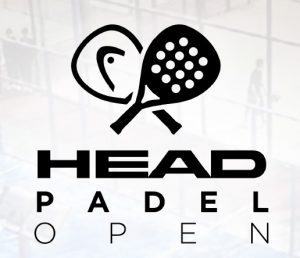

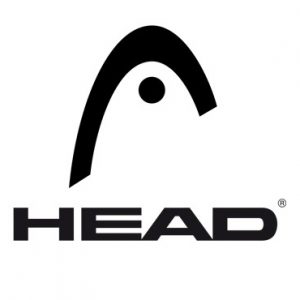


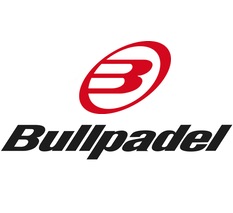
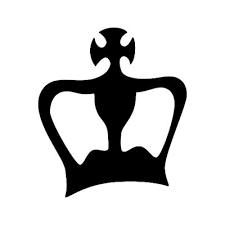
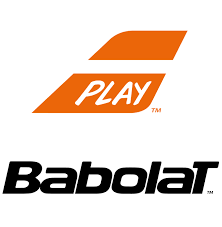

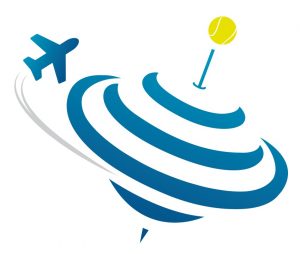
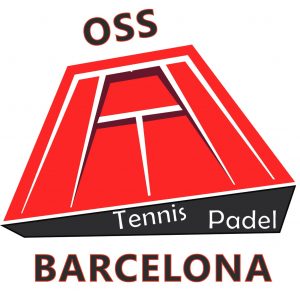
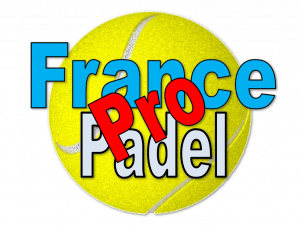

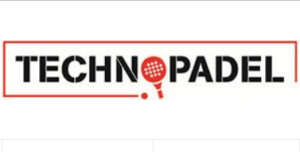
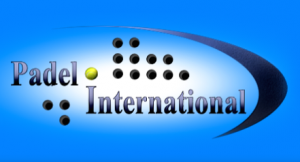

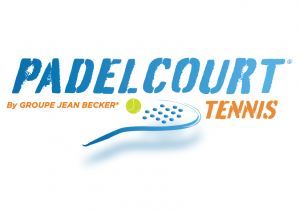
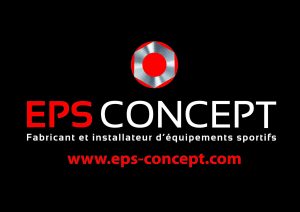
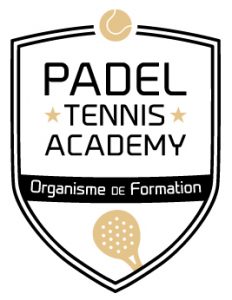


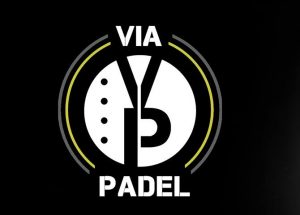
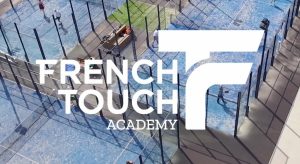



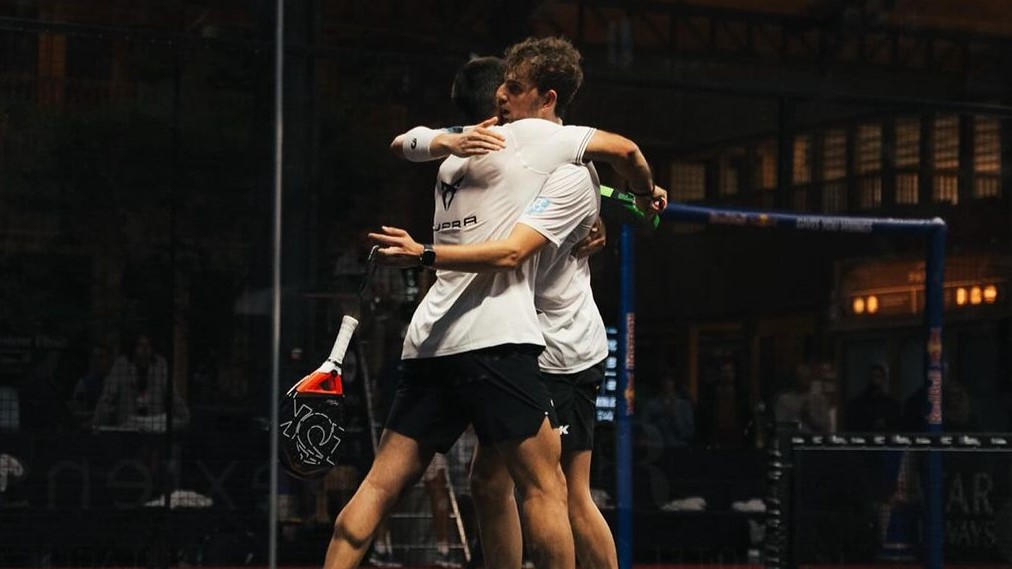 Premier Padel Brussels P2 – Mike Yanguas and Javi Garrido once again take the advantage over Stupa / Di Nenno
Premier Padel Brussels P2 – Mike Yanguas and Javi Garrido once again take the advantage over Stupa / Di Nenno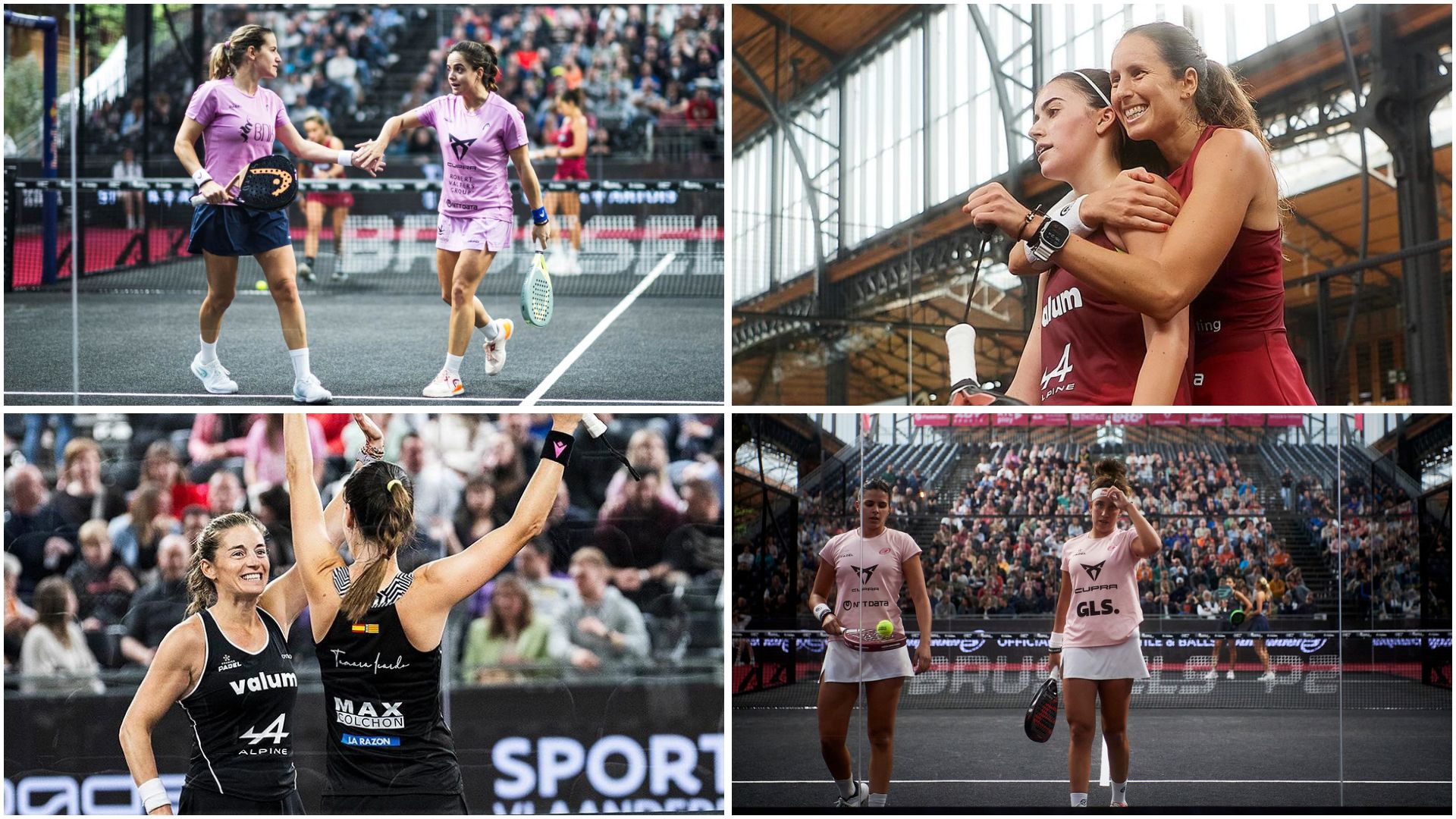 Premier Padel Brussels P2 – The women’s Big 4 at the semi-finals!
Premier Padel Brussels P2 – The women’s Big 4 at the semi-finals!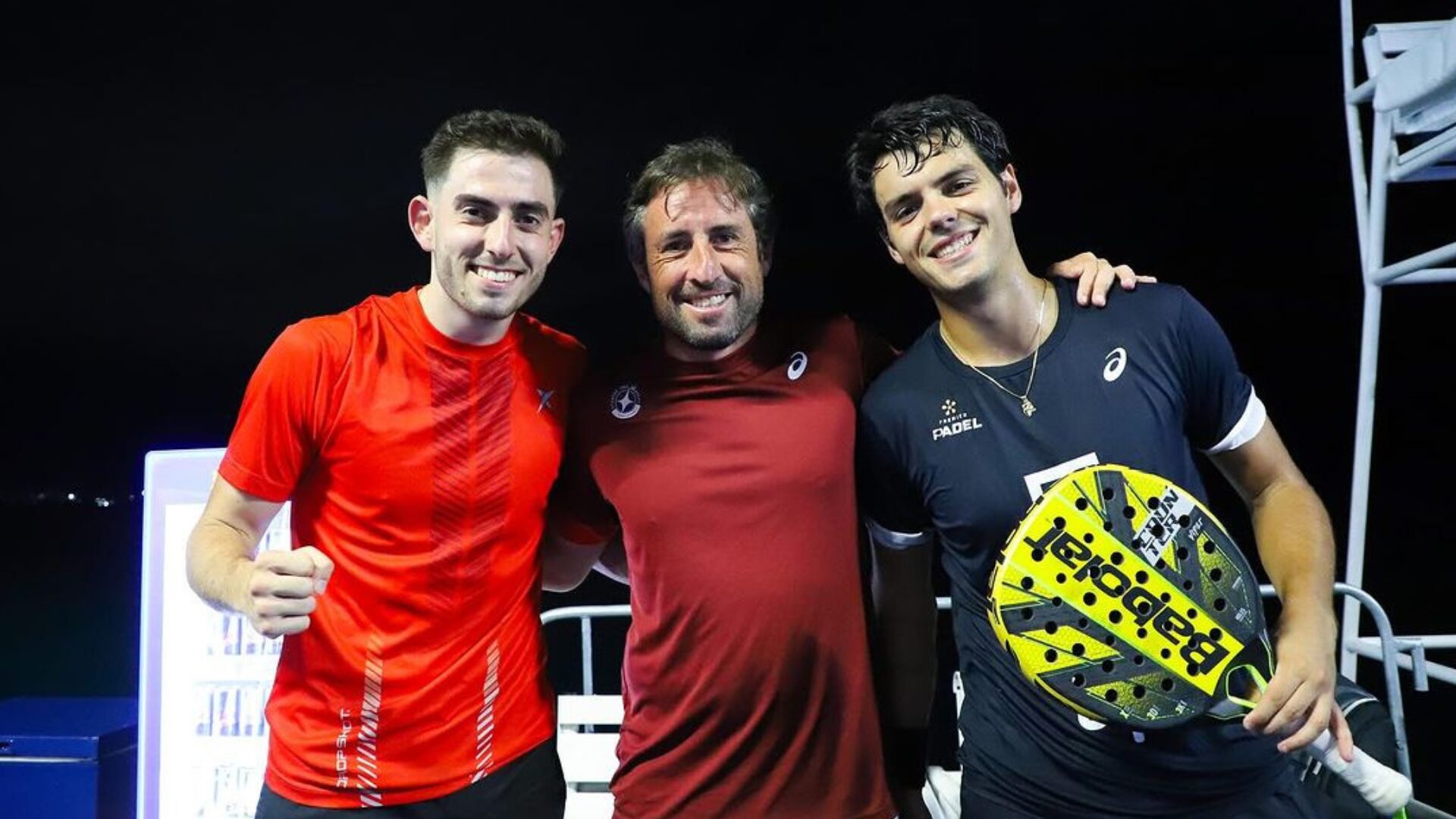 Premier Padel Brussels P2 – Sanz and Nieto win a big fight against Lebron / Navarro!
Premier Padel Brussels P2 – Sanz and Nieto win a big fight against Lebron / Navarro!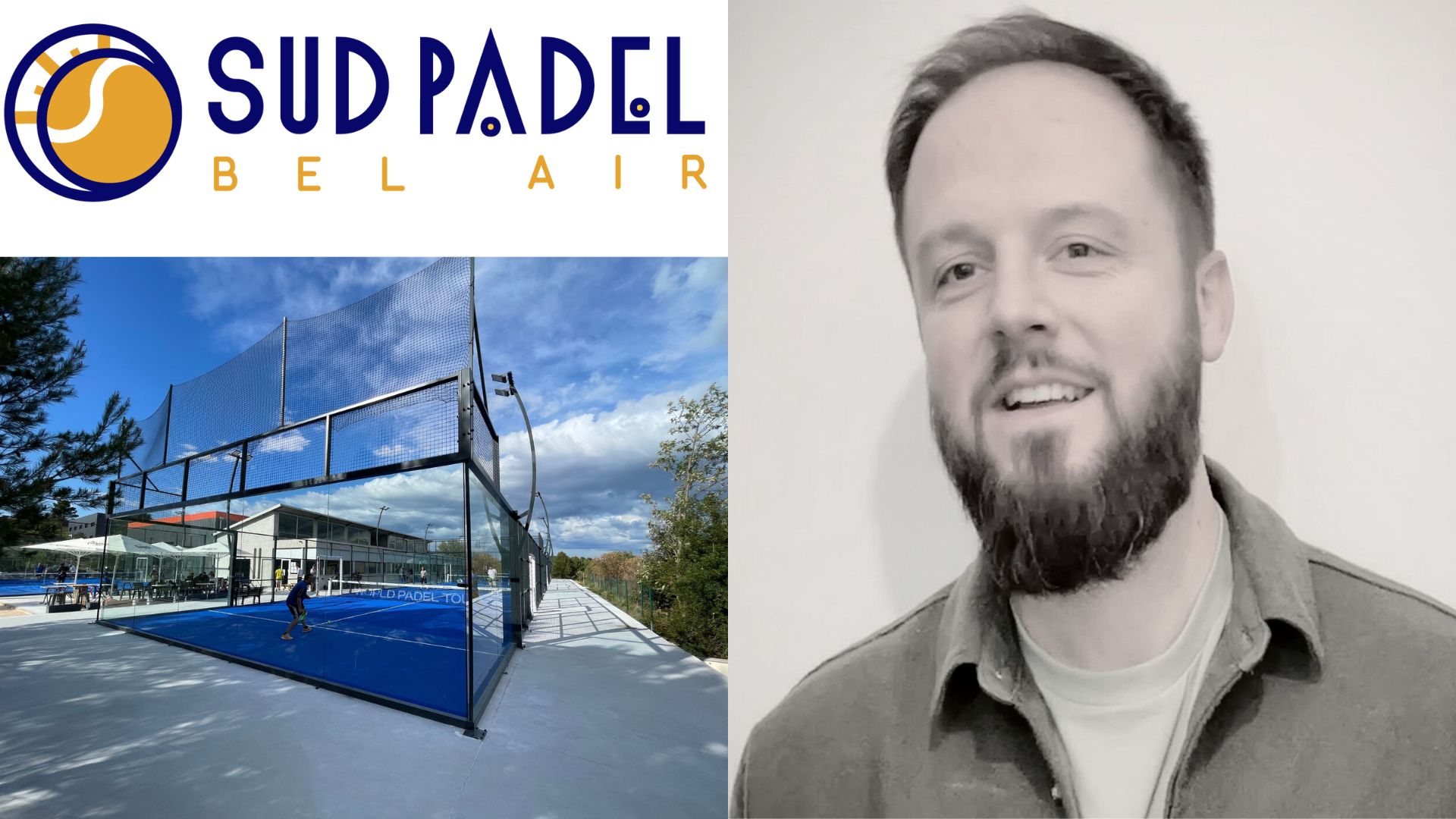 Guillaume Codron de Sud Padel : “A family project”
Guillaume Codron de Sud Padel : “A family project”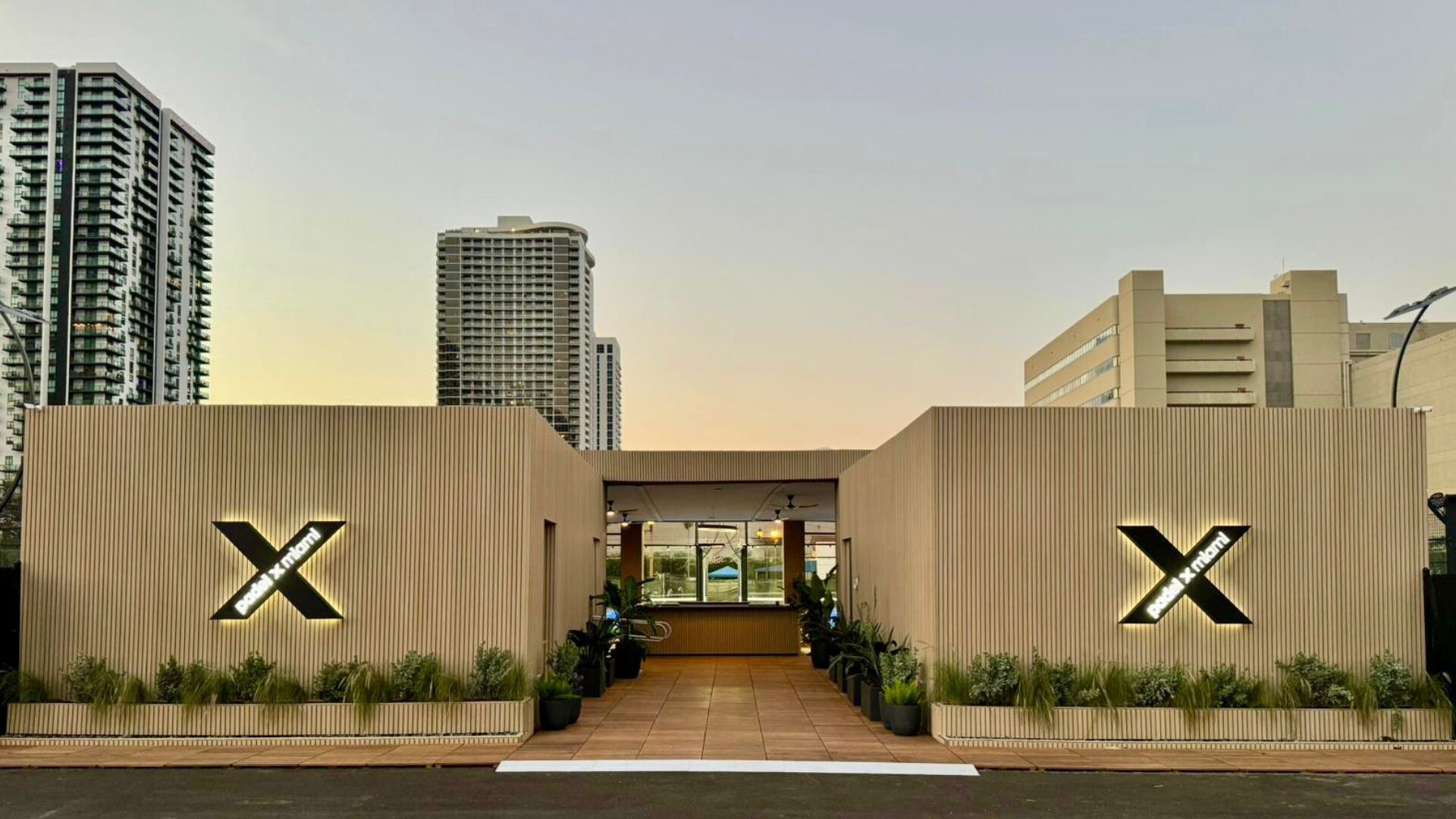 Nallé Grinda: “Democratize the padel in the USA with PadelX "
Nallé Grinda: “Democratize the padel in the USA with PadelX "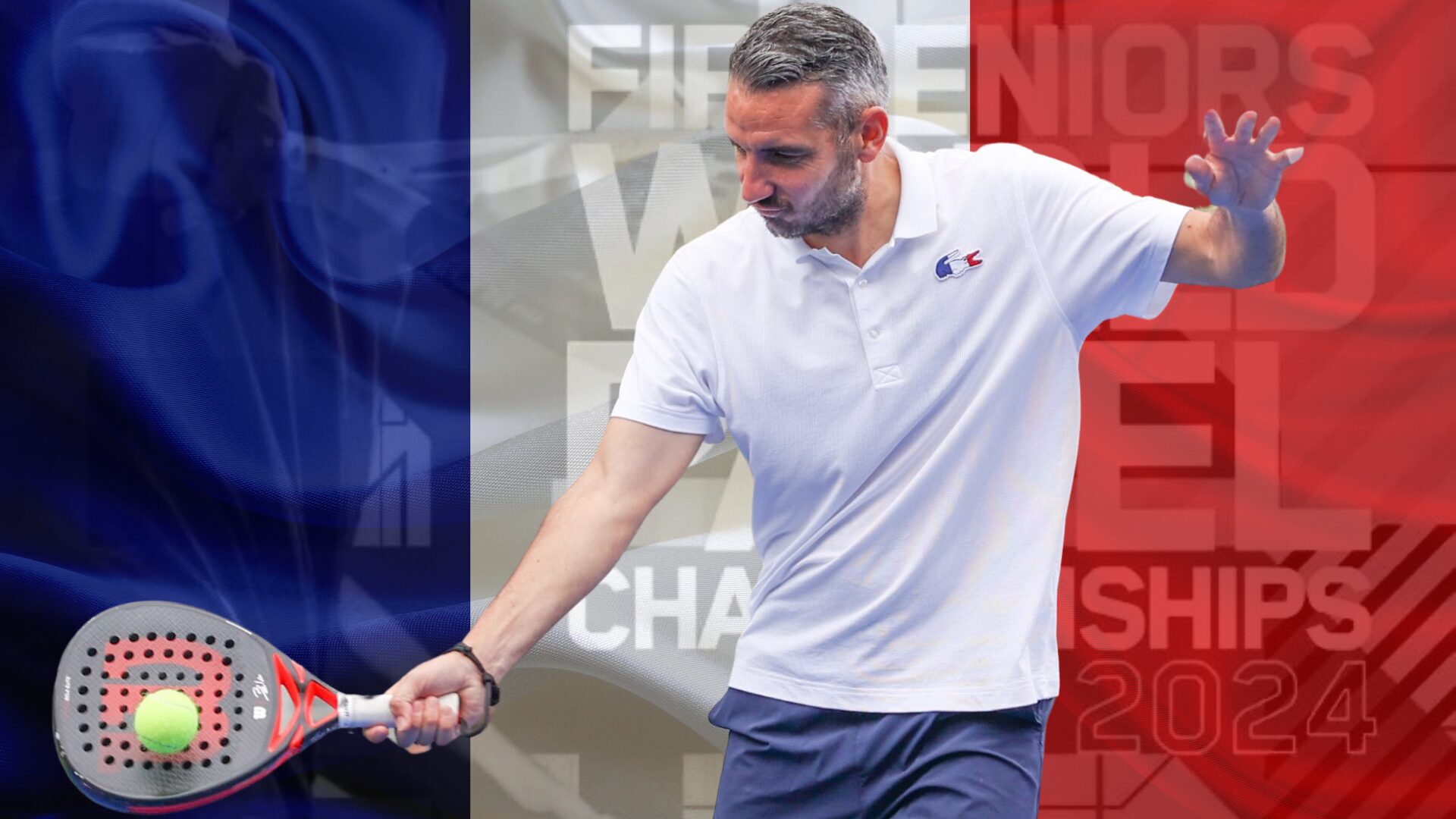 Simon Boissé: “We know that there are two nations in front of us”
Simon Boissé: “We know that there are two nations in front of us”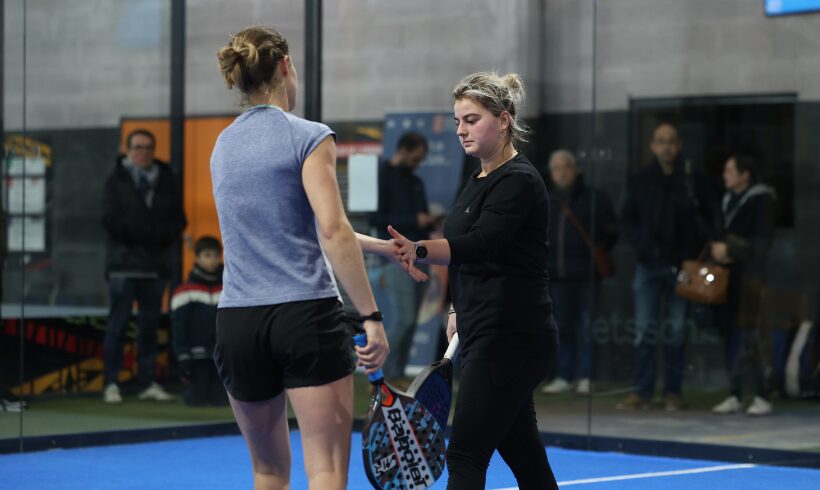 Marie Maligo: “This period of frequent changes of partners was beneficial for me”
Marie Maligo: “This period of frequent changes of partners was beneficial for me”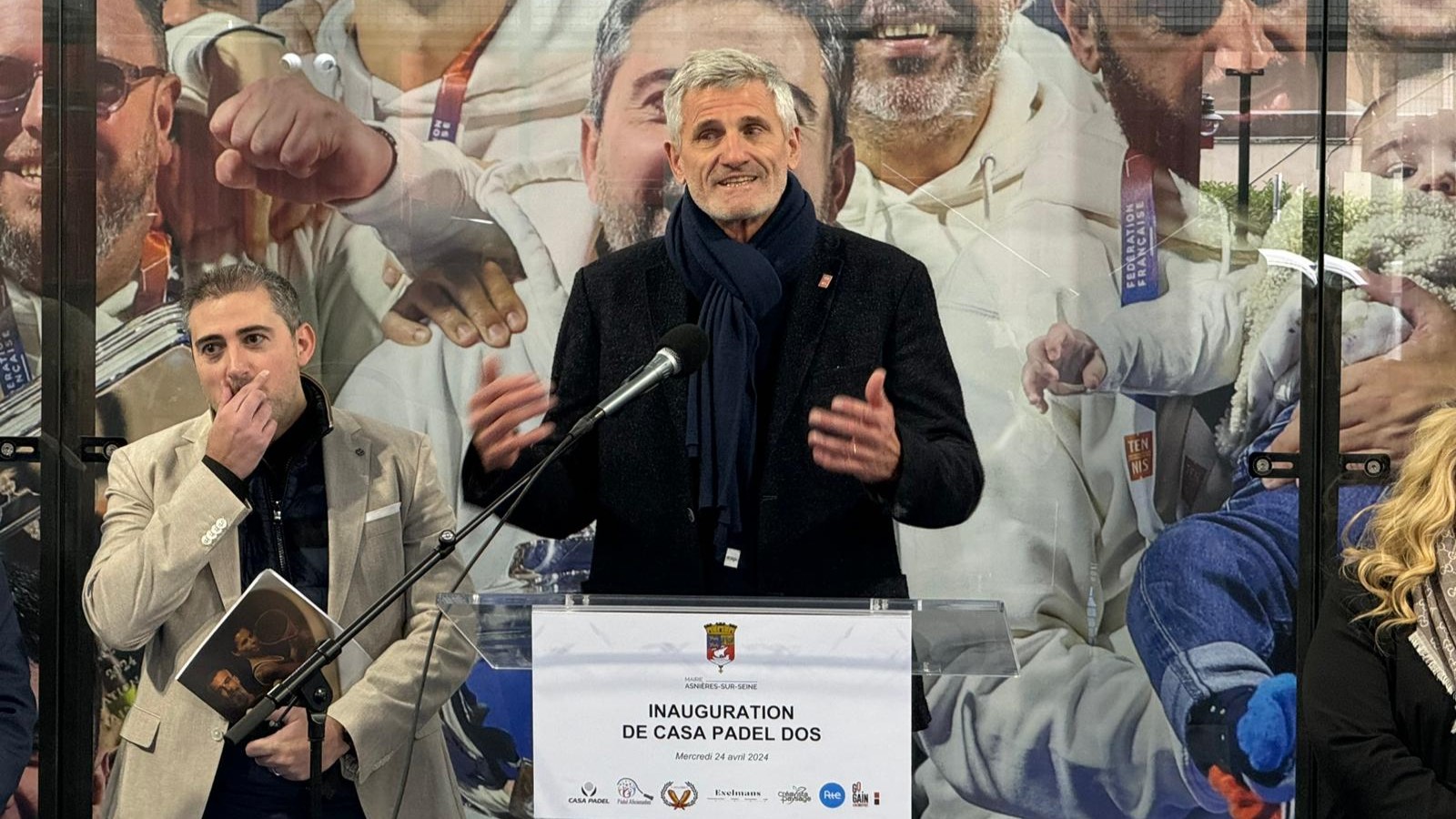 Gilles Moretton: “We will be able to put the padel at the level of tennis”
Gilles Moretton: “We will be able to put the padel at the level of tennis” Two P1000 doubled prize money approaching!
Two P1000 doubled prize money approaching!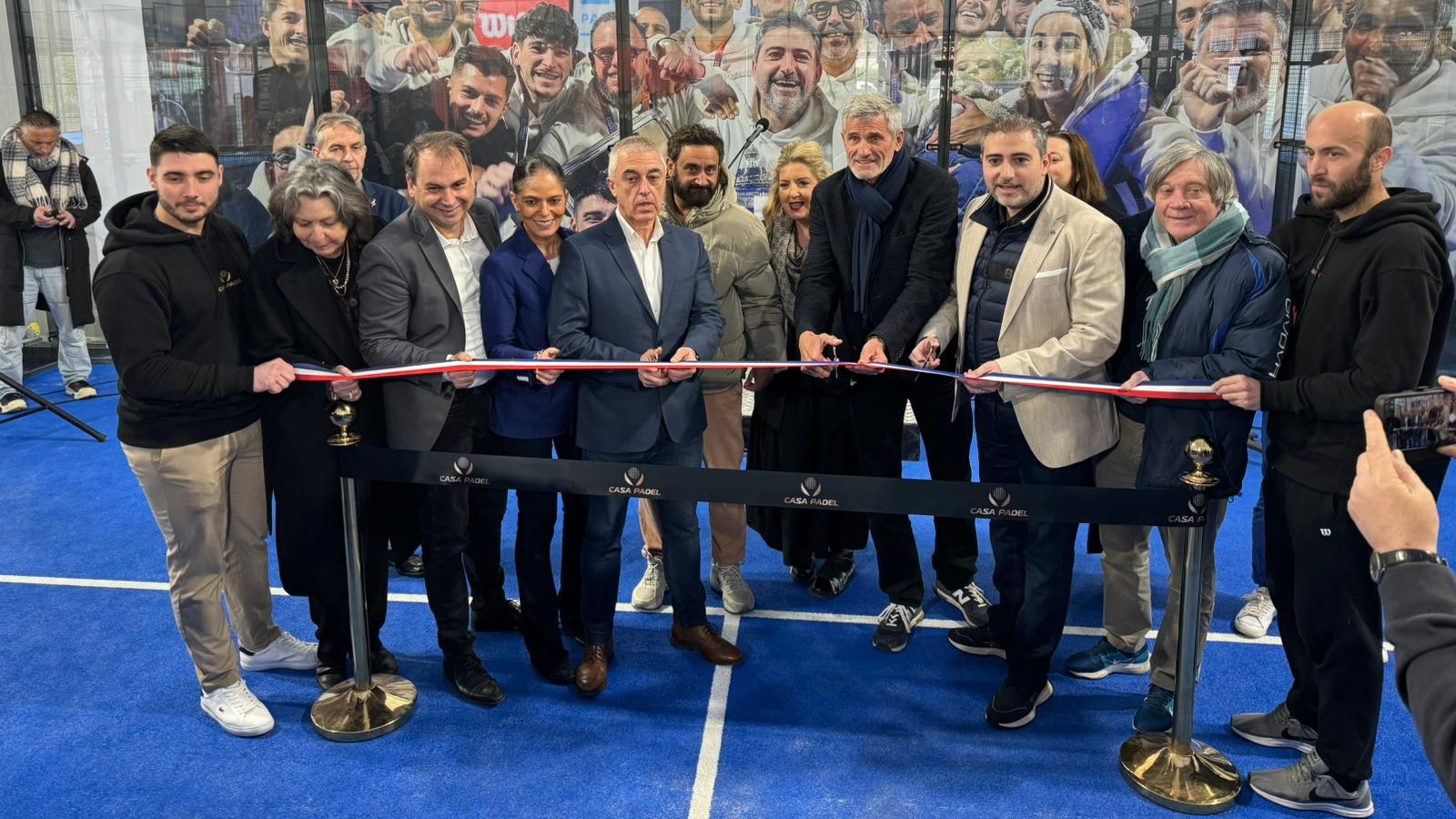 José Manuel Escin at the inauguration of Casa Padel DOS: “Finally, and thank you!”
José Manuel Escin at the inauguration of Casa Padel DOS: “Finally, and thank you!”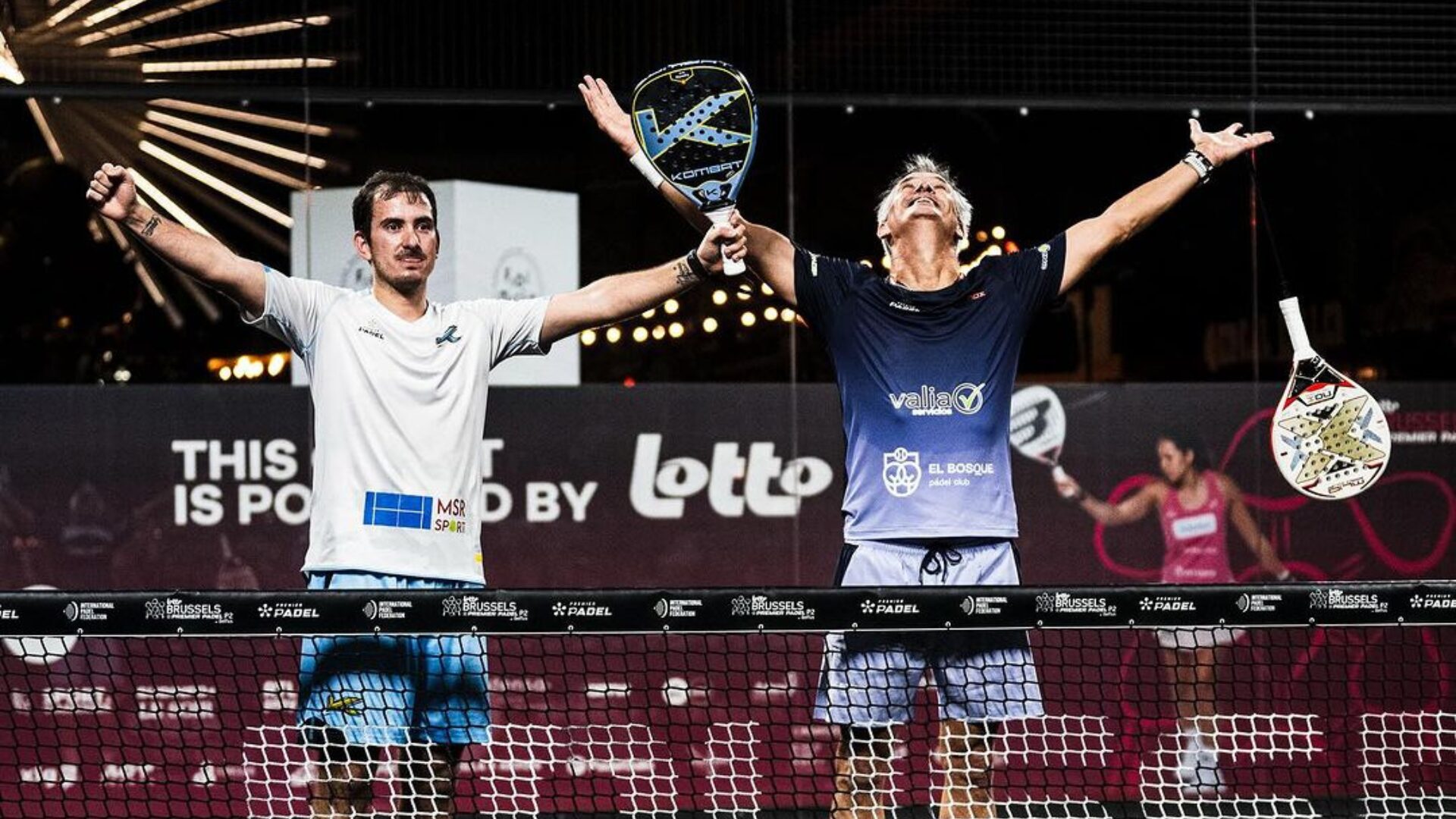 Miguel Lamperti: three tie-breaks and a return to the quarter-finals!
Miguel Lamperti: three tie-breaks and a return to the quarter-finals!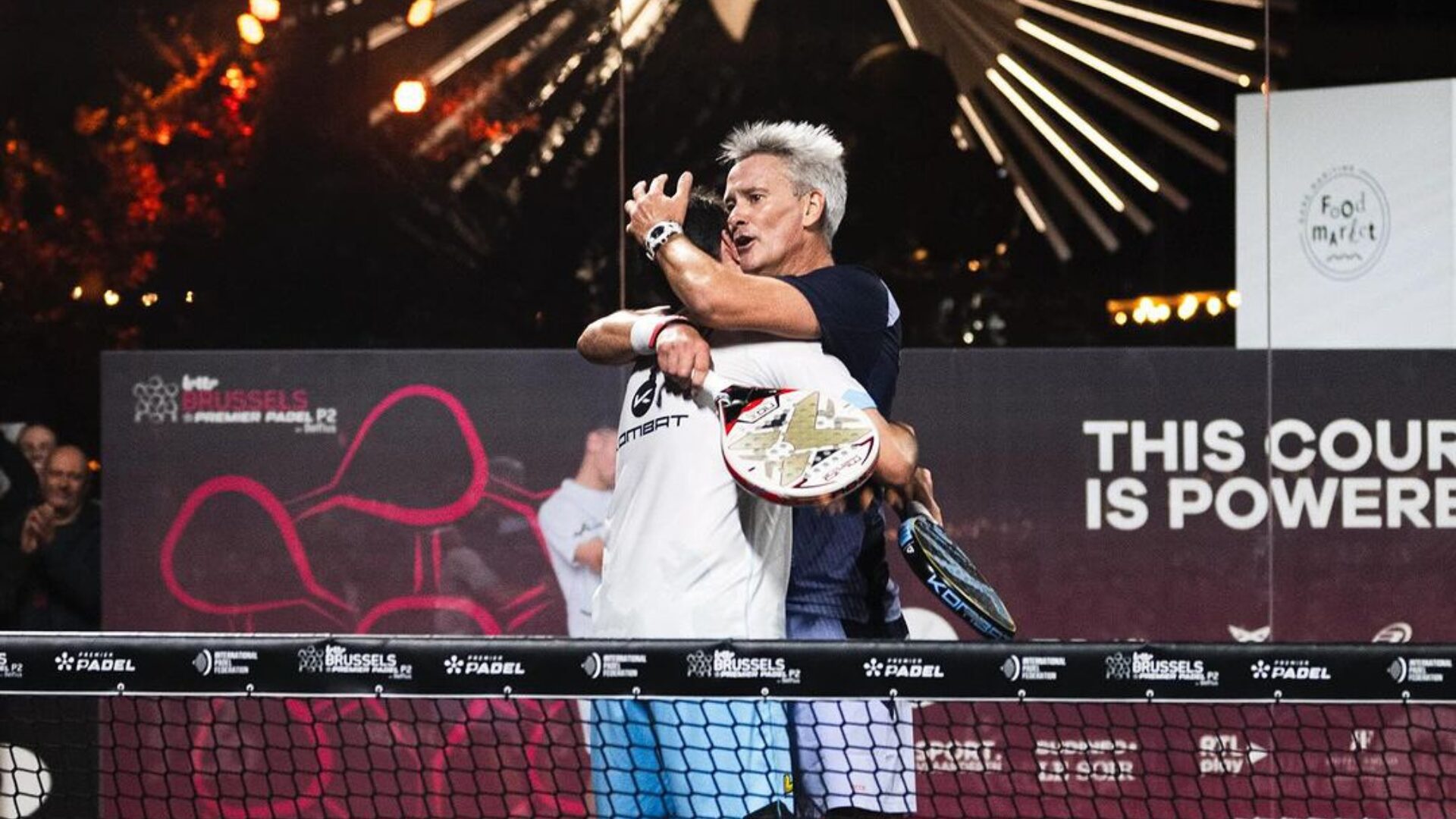 Big evening in Brussels with two seeded players on the mat, heckled number 1s…
Big evening in Brussels with two seeded players on the mat, heckled number 1s…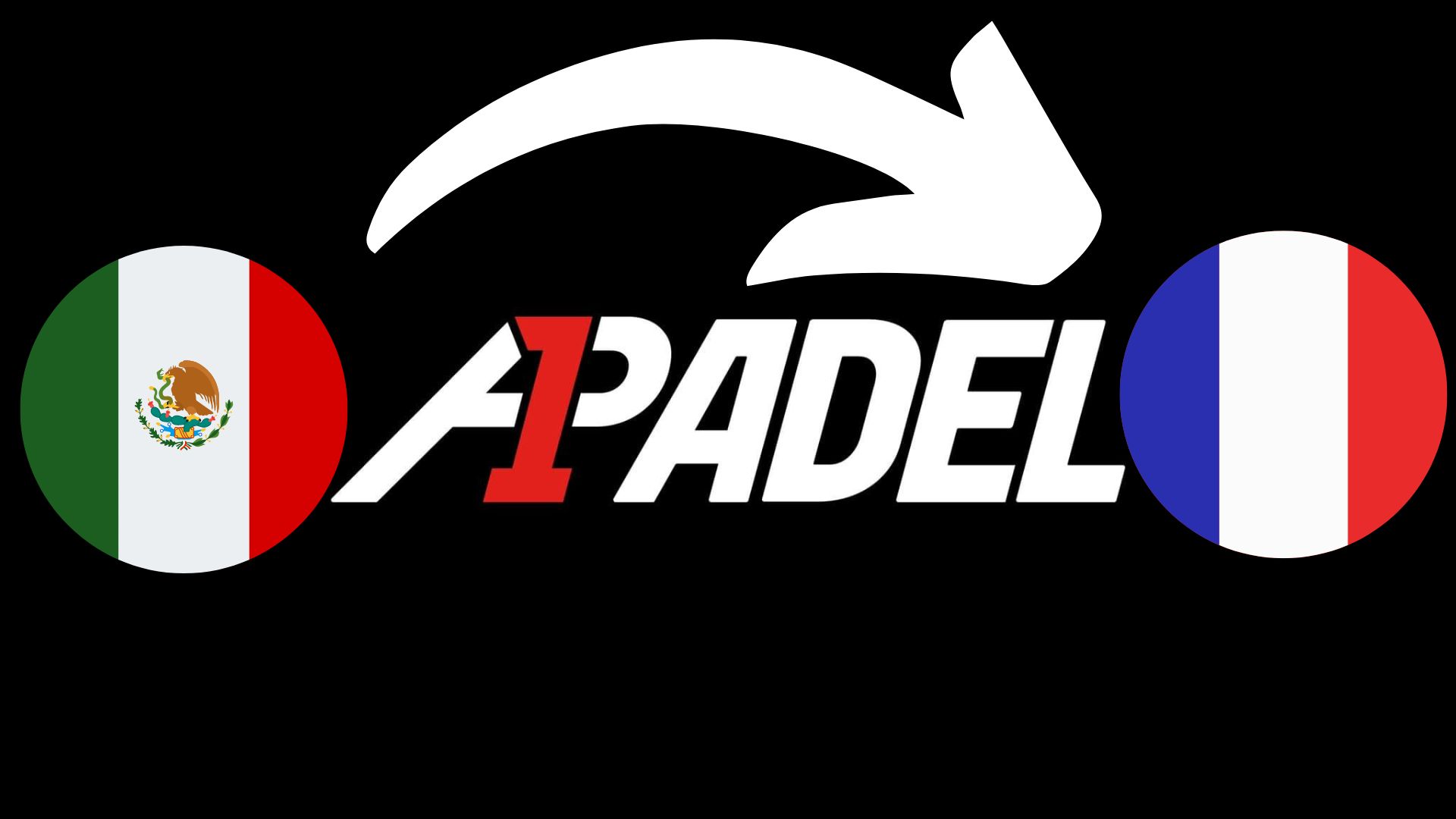 A1 Padel – the French Open replaces the Mexican Open on the calendar
A1 Padel – the French Open replaces the Mexican Open on the calendar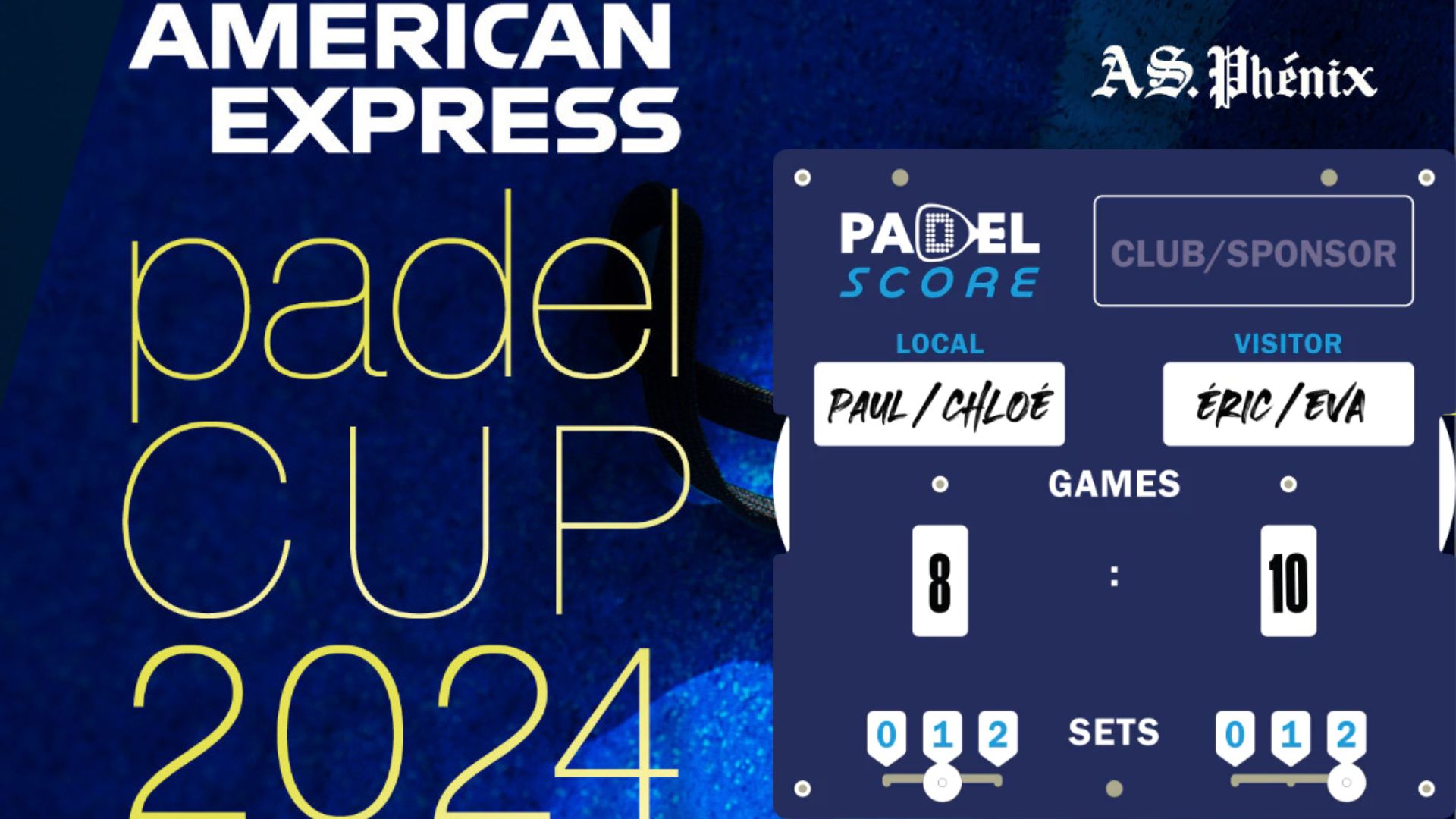 Padel Score comes to Tahiti for American Express Padel Cup!
Padel Score comes to Tahiti for American Express Padel Cup!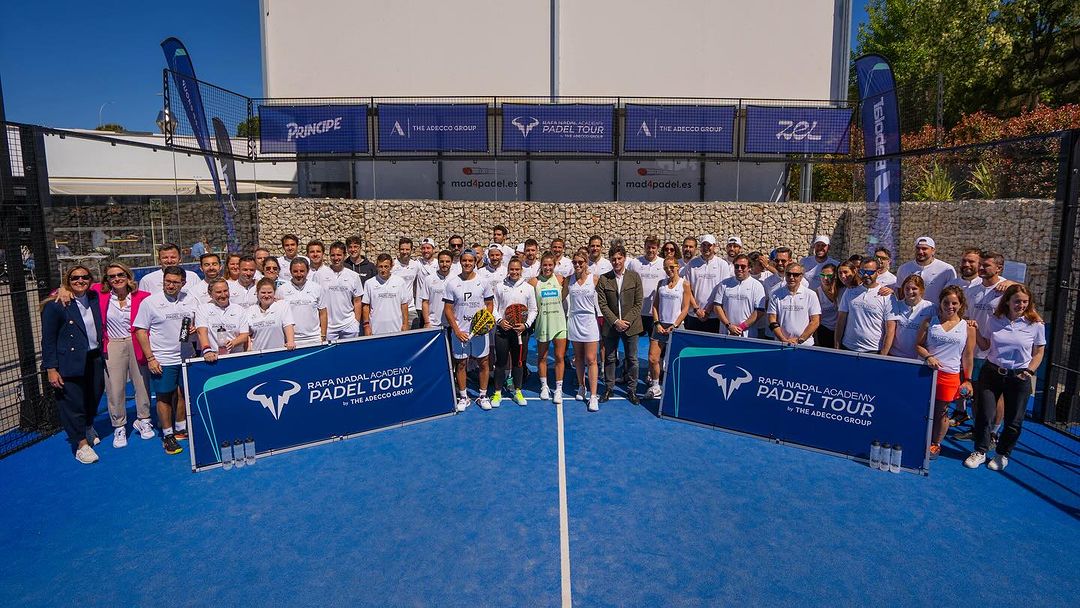 Do you know the Rafa Nadal Academy Tour?
Do you know the Rafa Nadal Academy Tour?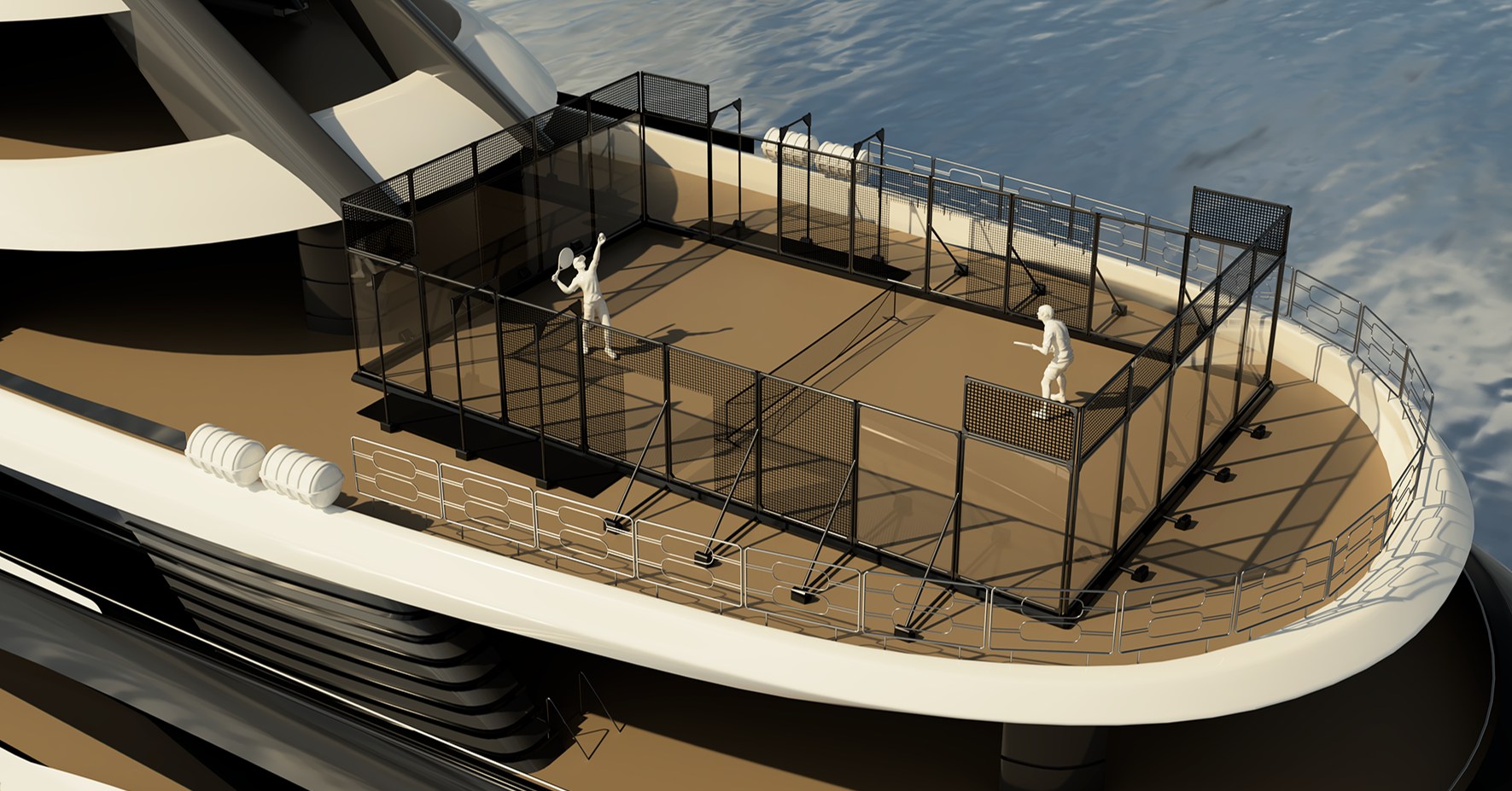 Play at padel on his yacht? Possible for €233.000!
Play at padel on his yacht? Possible for €233.000! Our Top 10 training courses padel in France and Europe
Our Top 10 training courses padel in France and Europe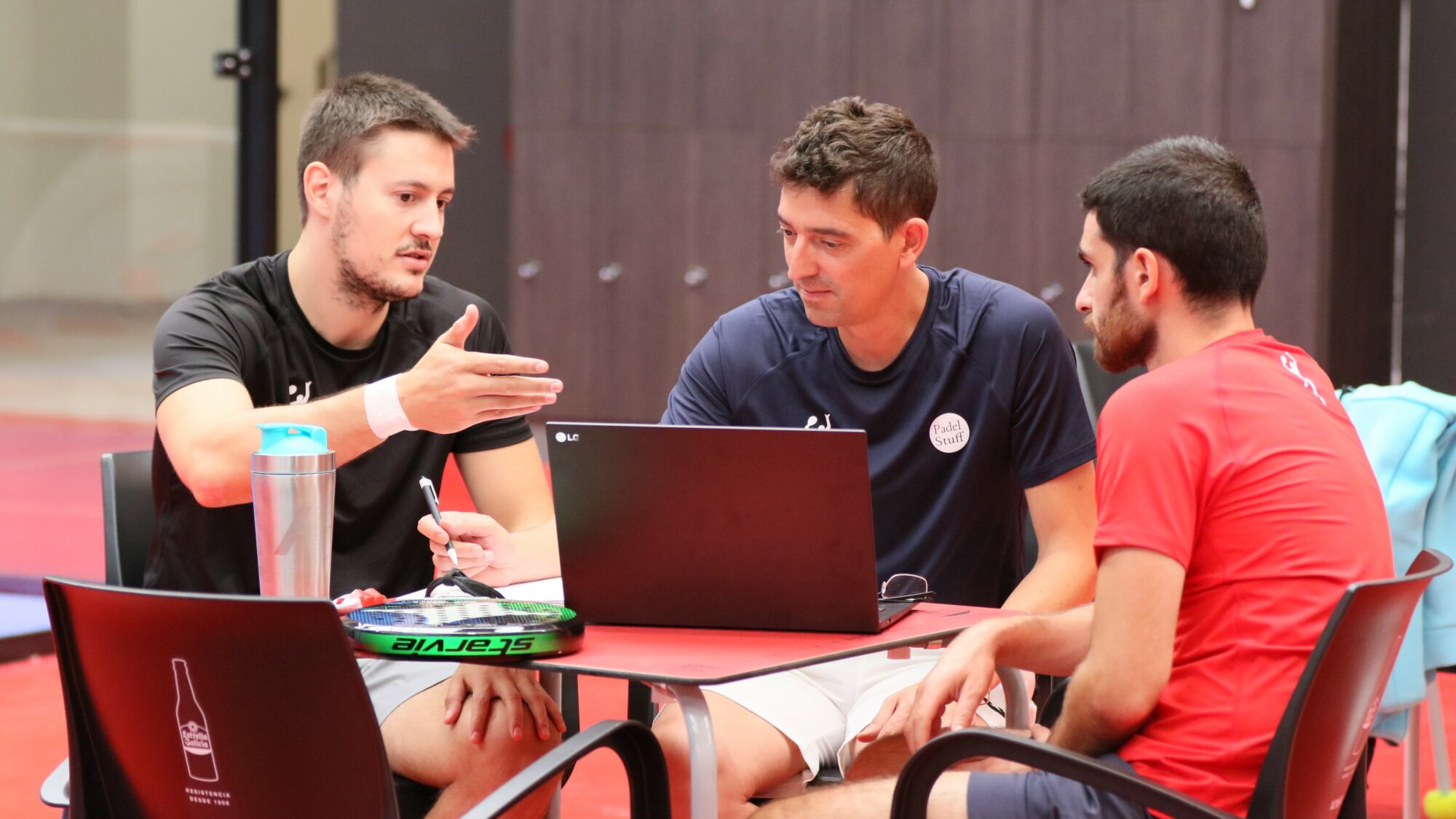 At the heart of padel – Episode 25: Paul and Andoni answer your questions
At the heart of padel – Episode 25: Paul and Andoni answer your questions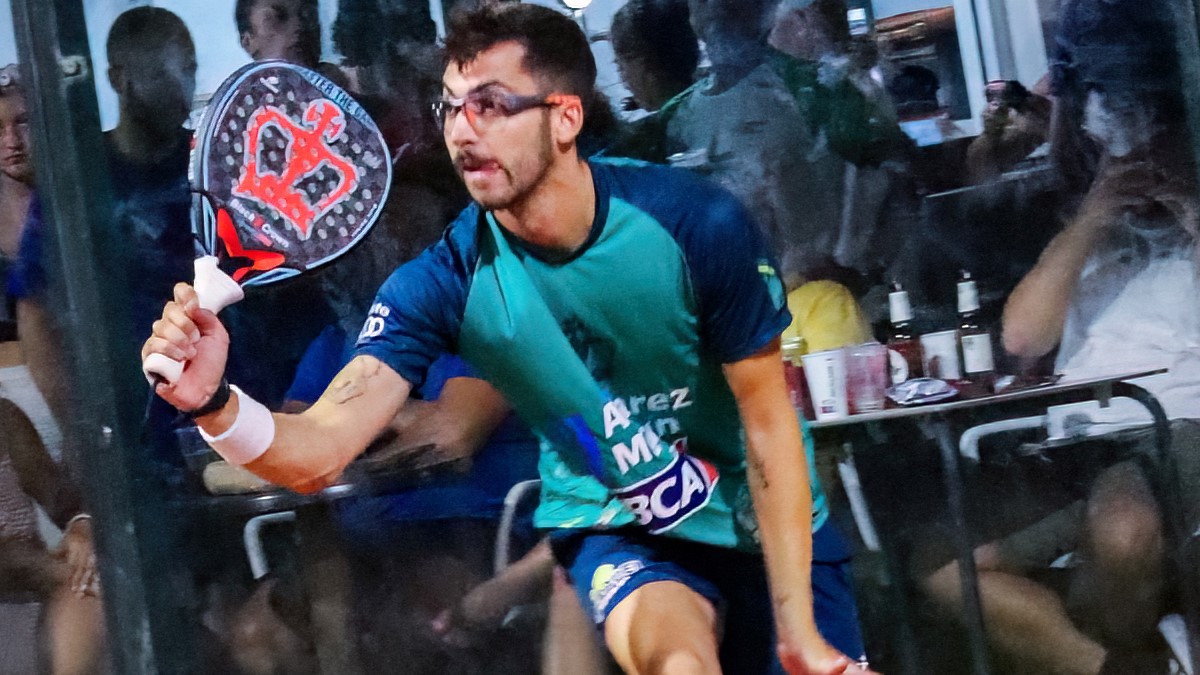 Tactical padel – What to do when faced with players who systematically stay at the bottom?
Tactical padel – What to do when faced with players who systematically stay at the bottom?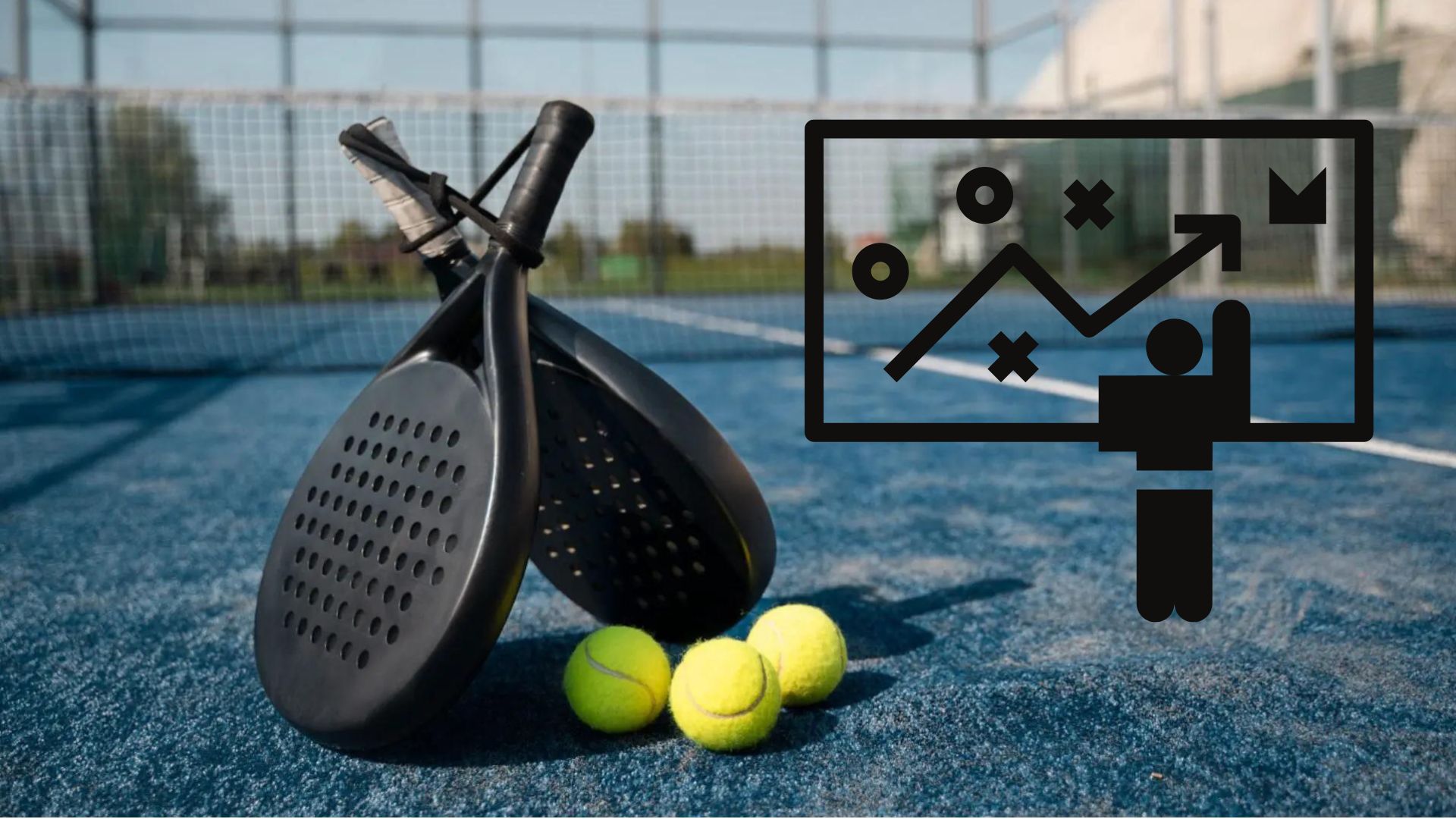 The basic tactics of padel
The basic tactics of padel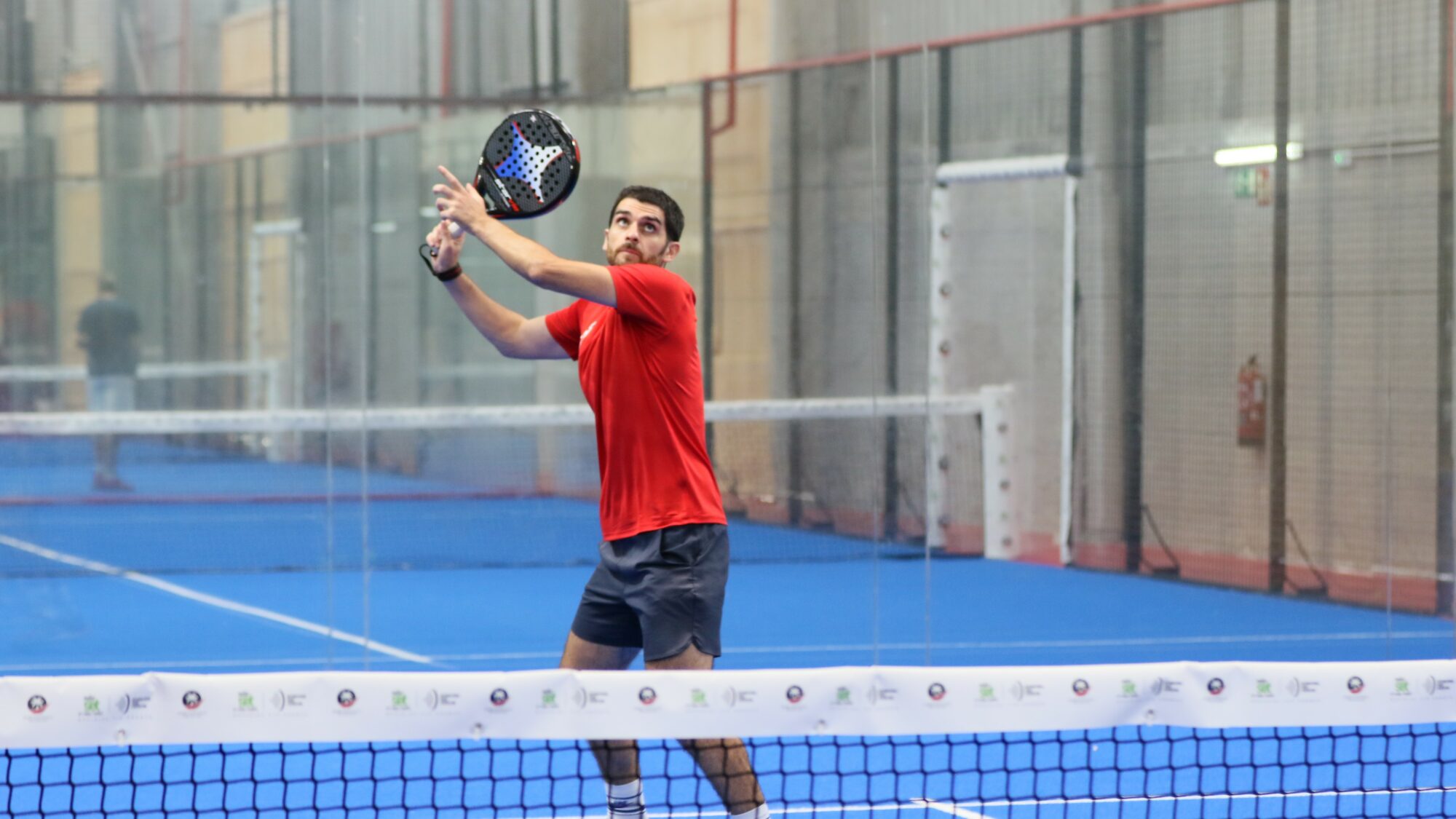 At the heart of padel – Episode 25: Paul and Andoni answer your questions
At the heart of padel – Episode 25: Paul and Andoni answer your questions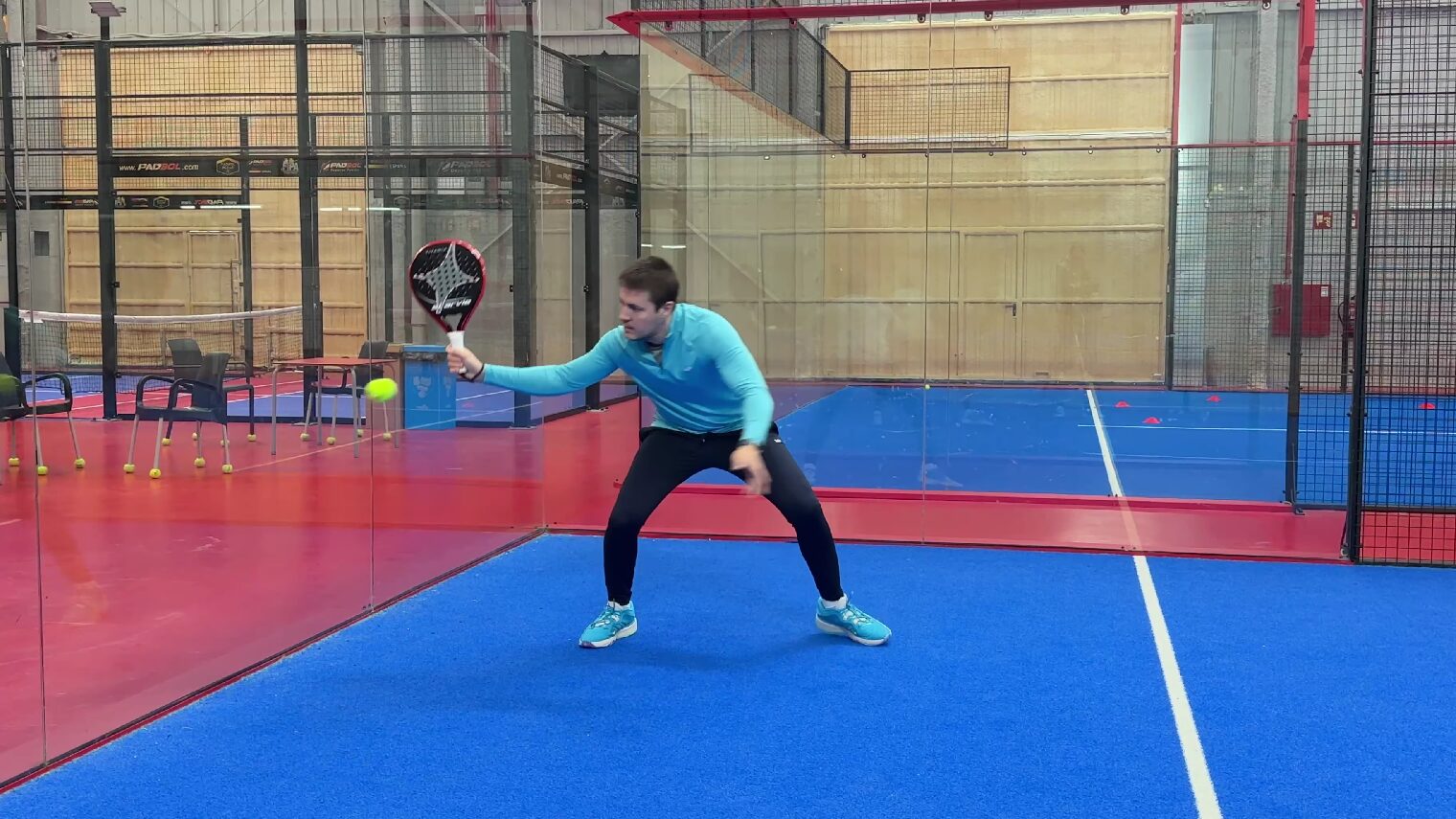 At the heart of padel – Episode 23: defend the window well
At the heart of padel – Episode 23: defend the window well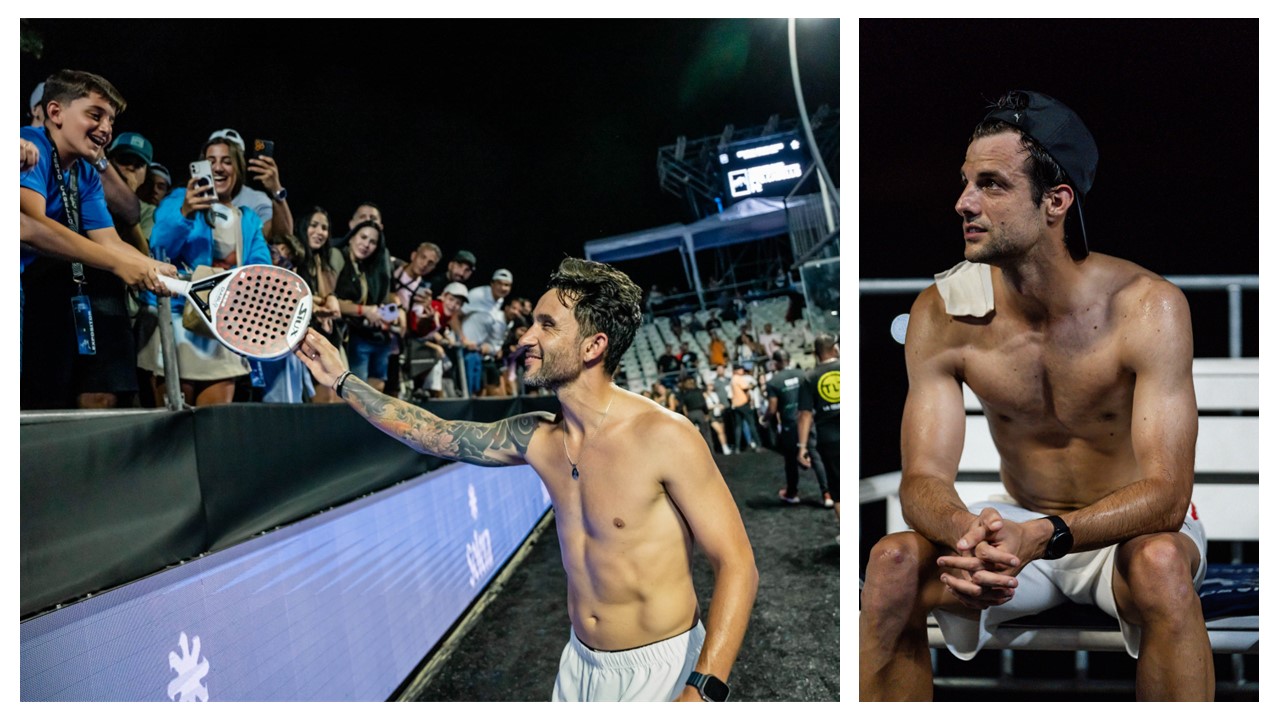 Prohibition on playing topless Padel : the reasons
Prohibition on playing topless Padel : the reasons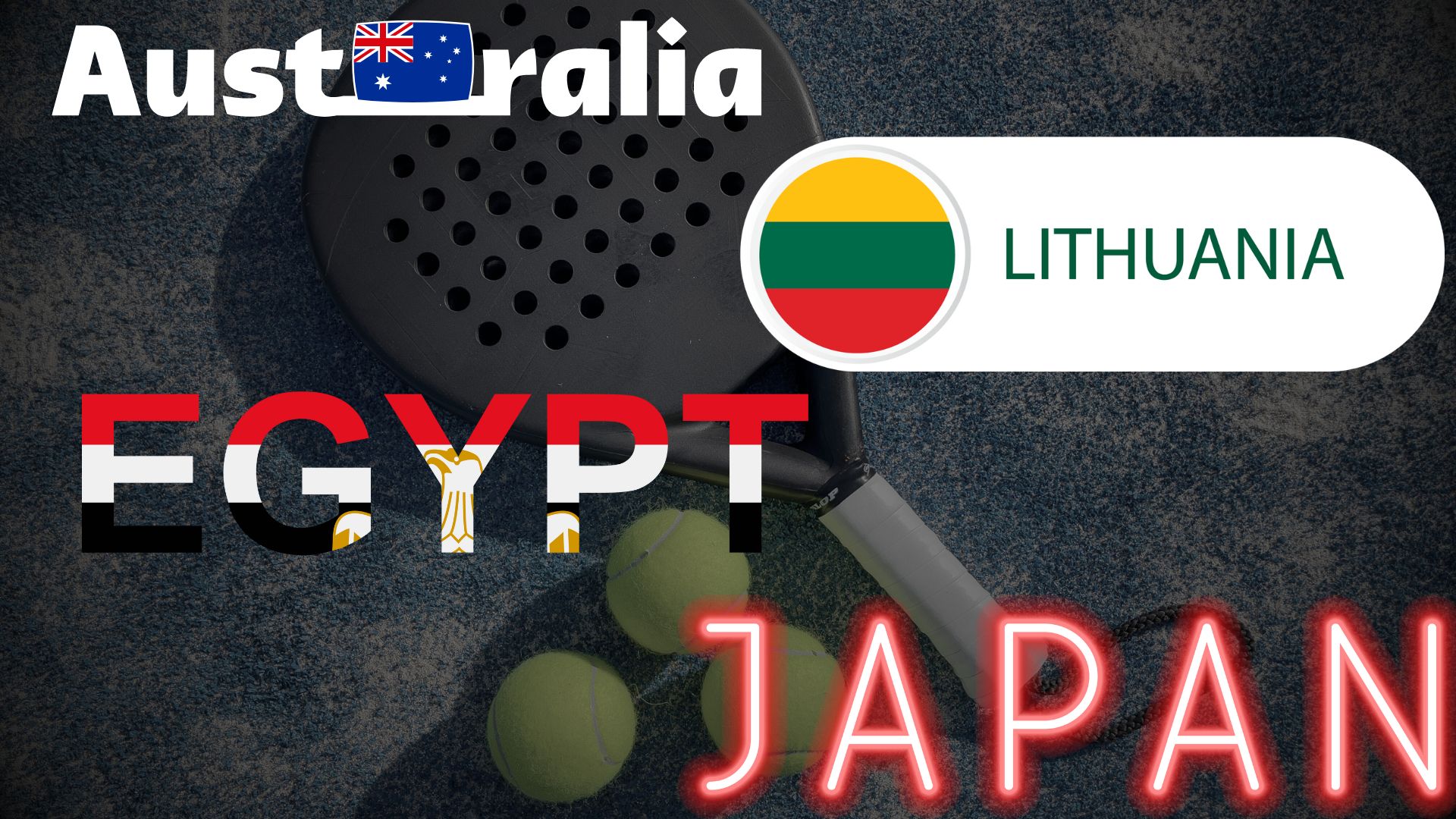 FIP Tour – Going far from Europe, THE strategy to earn points!
FIP Tour – Going far from Europe, THE strategy to earn points!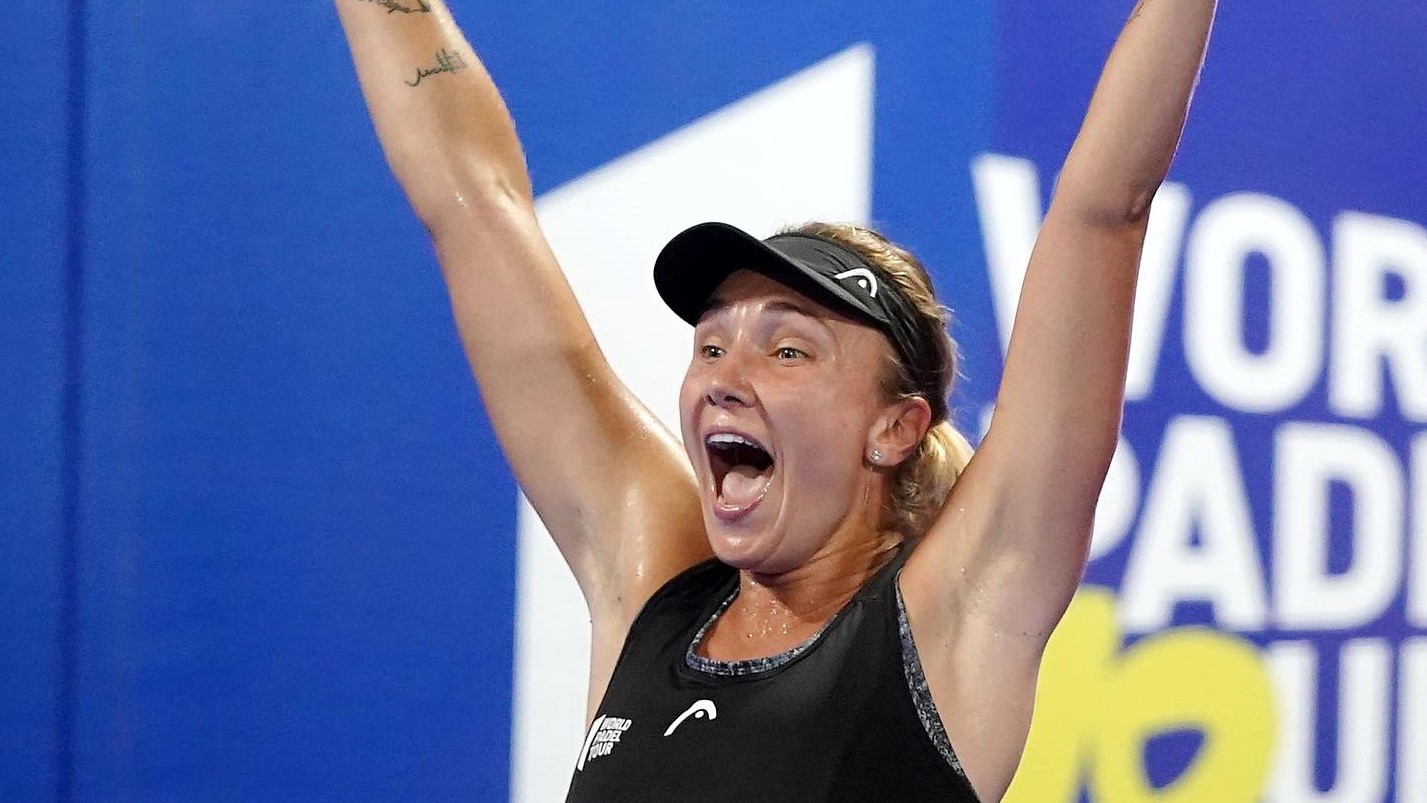 What is a good football player? padel ?
What is a good football player? padel ?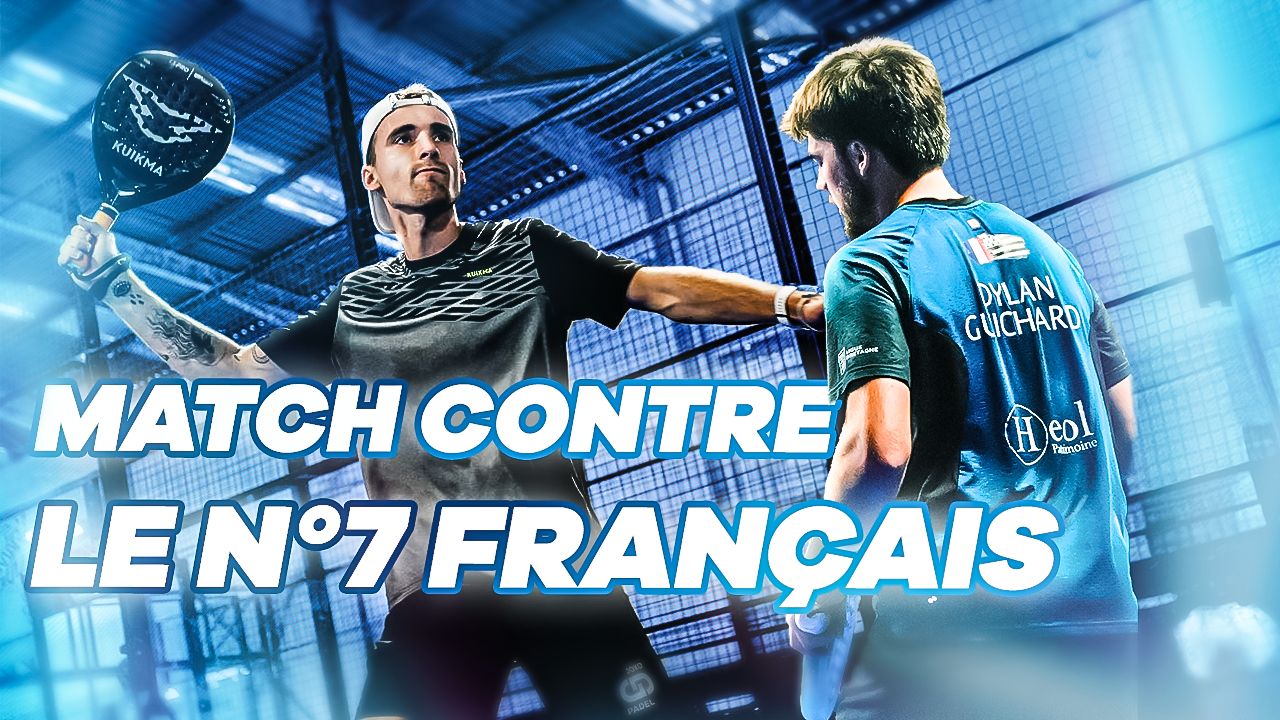 “Lefties give me headaches when I play against them!”
“Lefties give me headaches when I play against them!”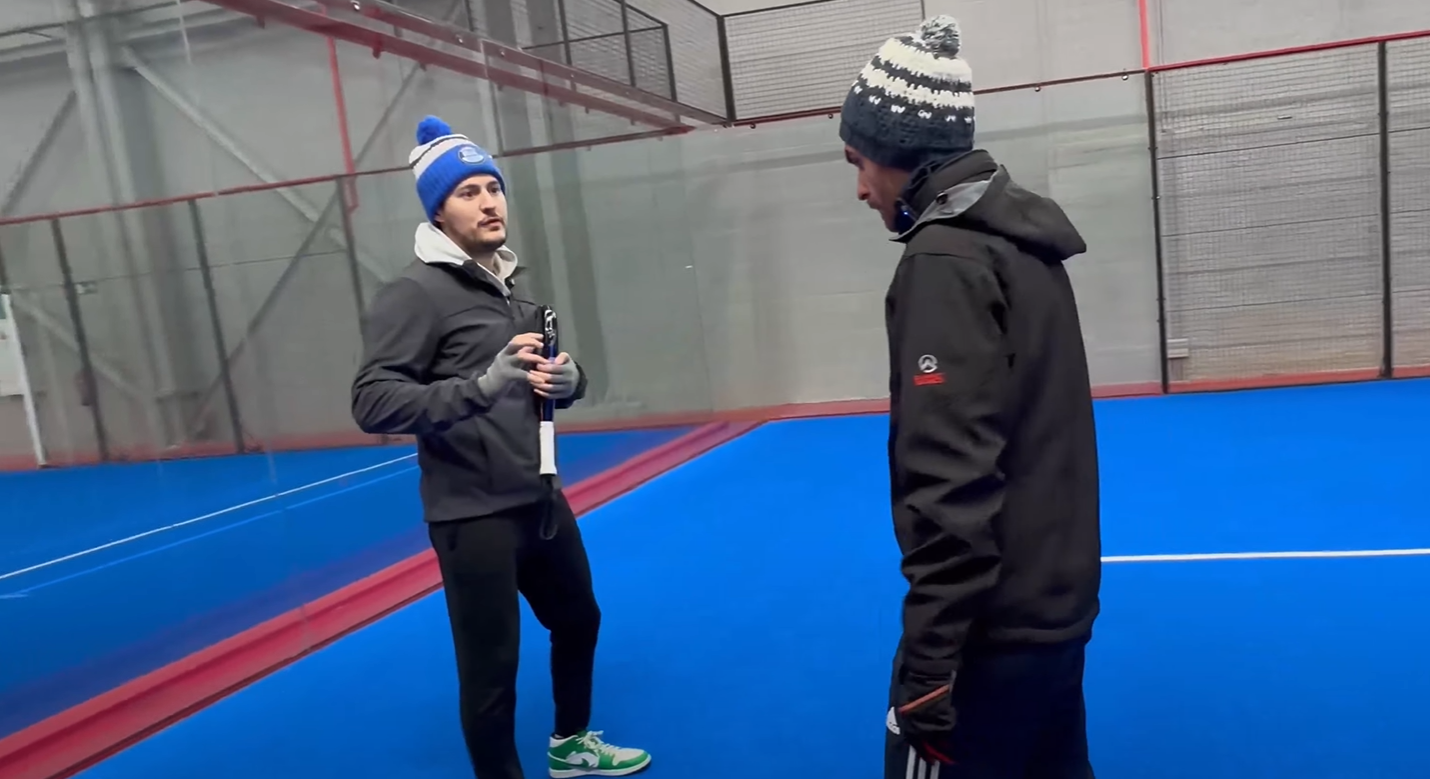 At the heart of padel – Episode 14: how to earn points in winter?
At the heart of padel – Episode 14: how to earn points in winter?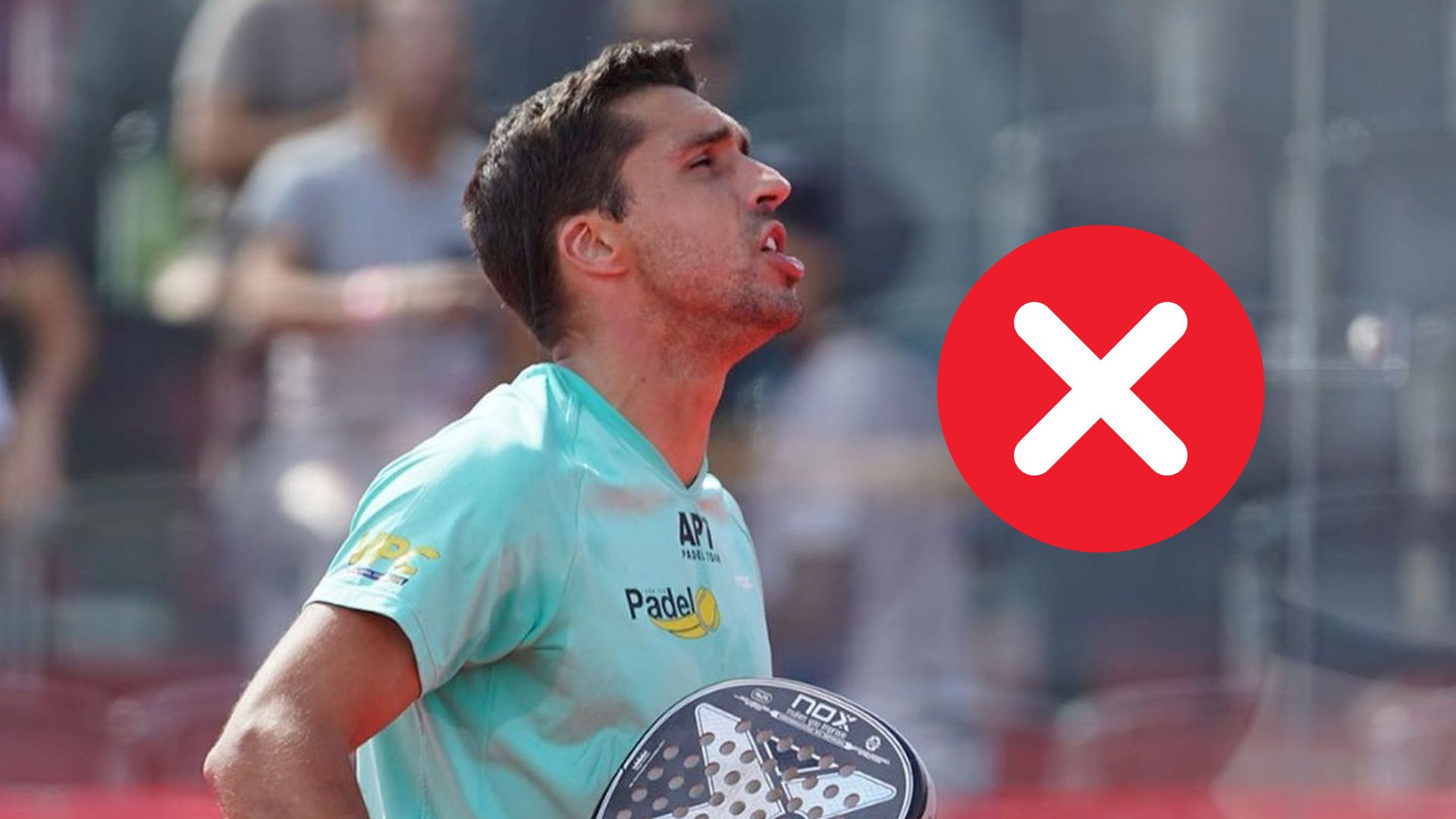 A par 4 is always a winner...even if you manage to defend it!
A par 4 is always a winner...even if you manage to defend it!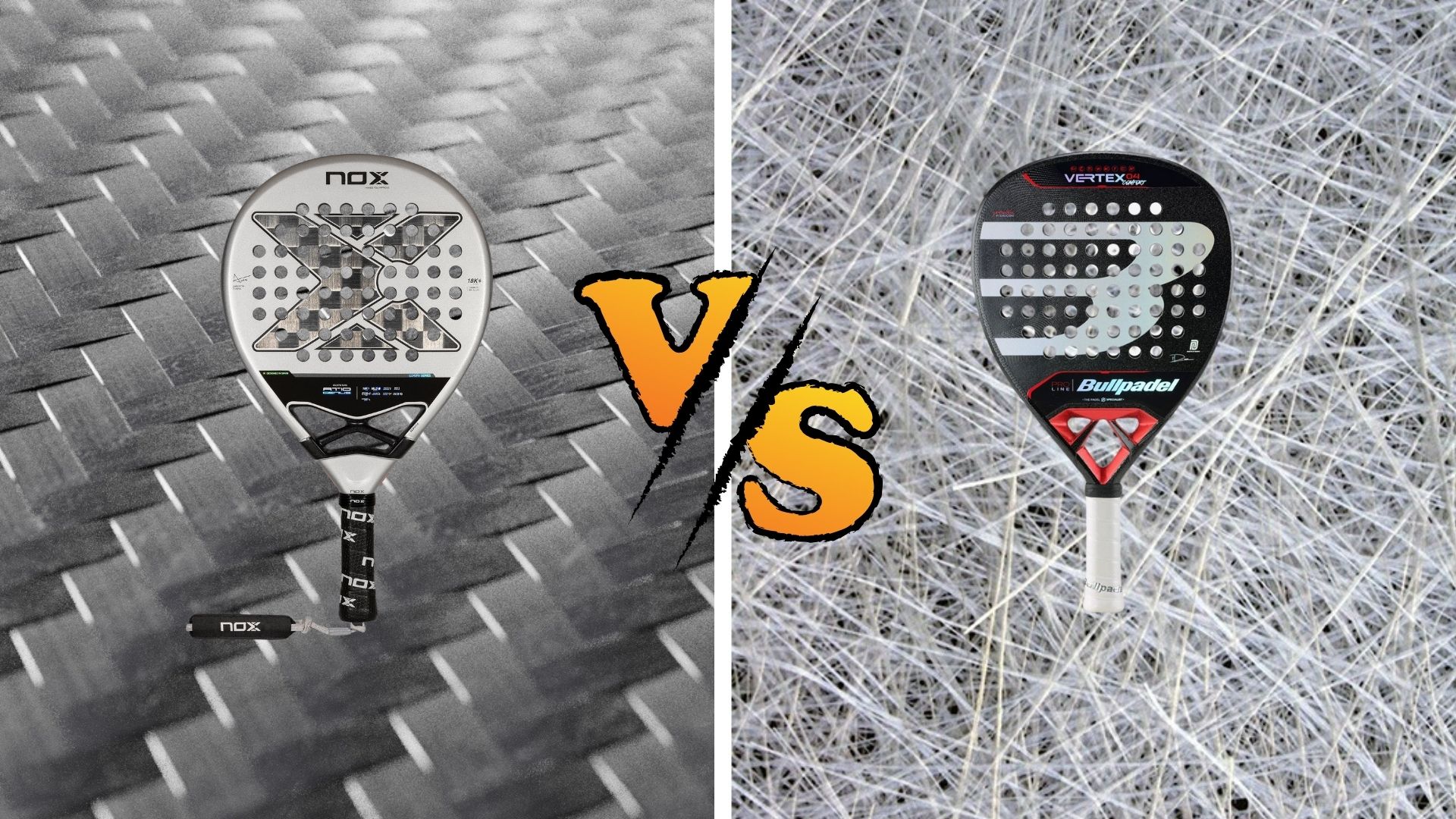 Carbon fiber VS fiberglass: what to choose?
Carbon fiber VS fiberglass: what to choose?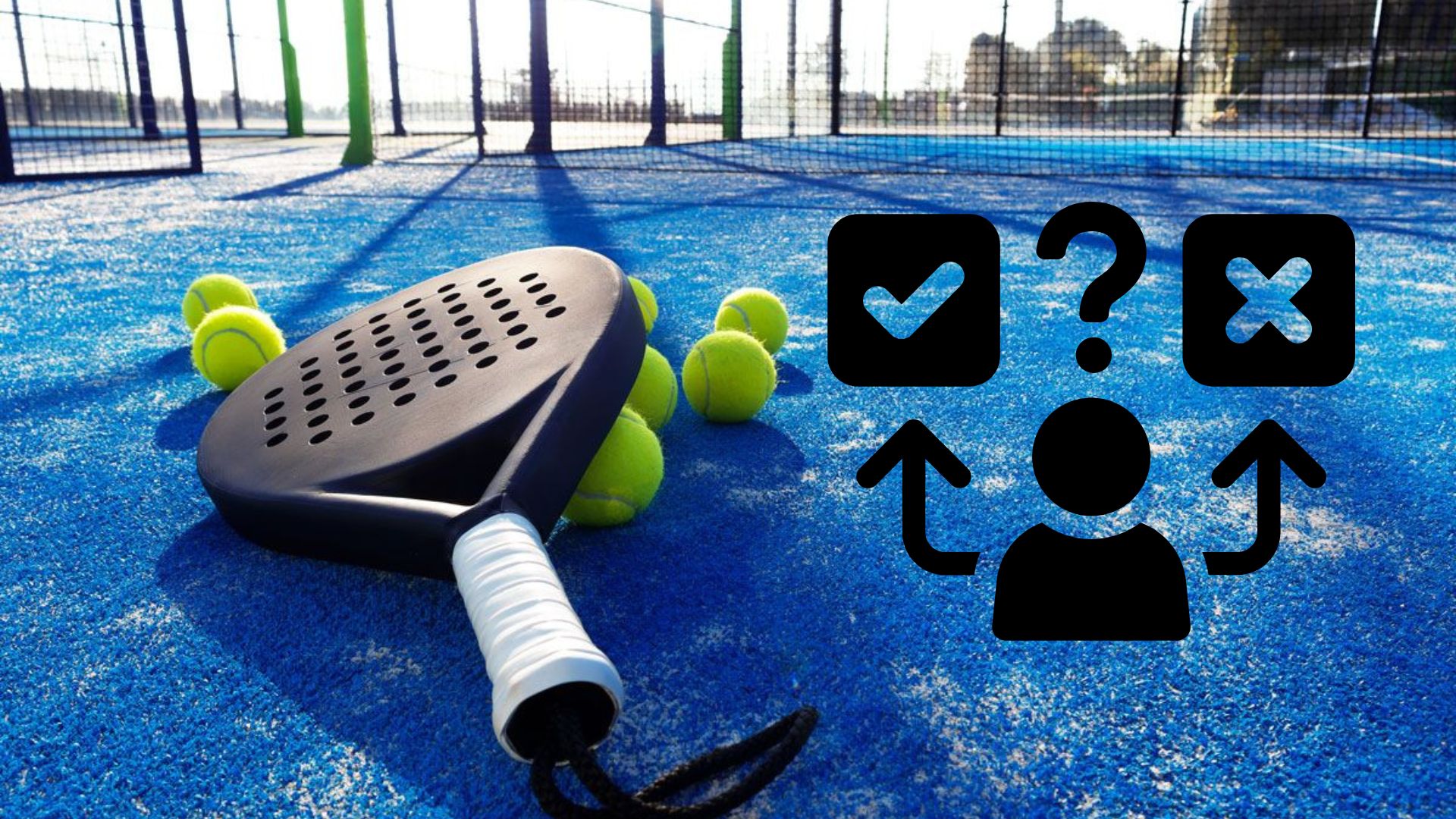 How to effectively test a racket padel ?
How to effectively test a racket padel ?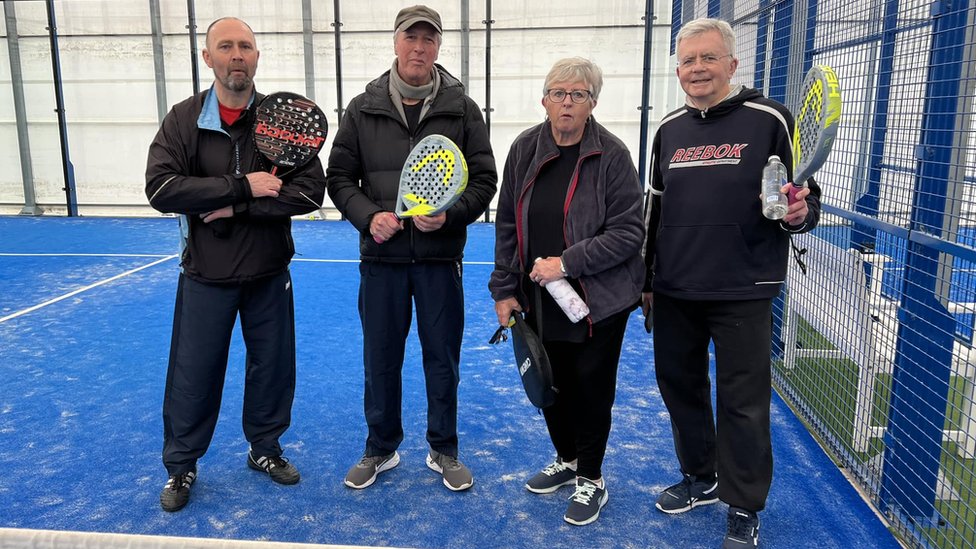 La padel to fight Parkinson's disease
La padel to fight Parkinson's disease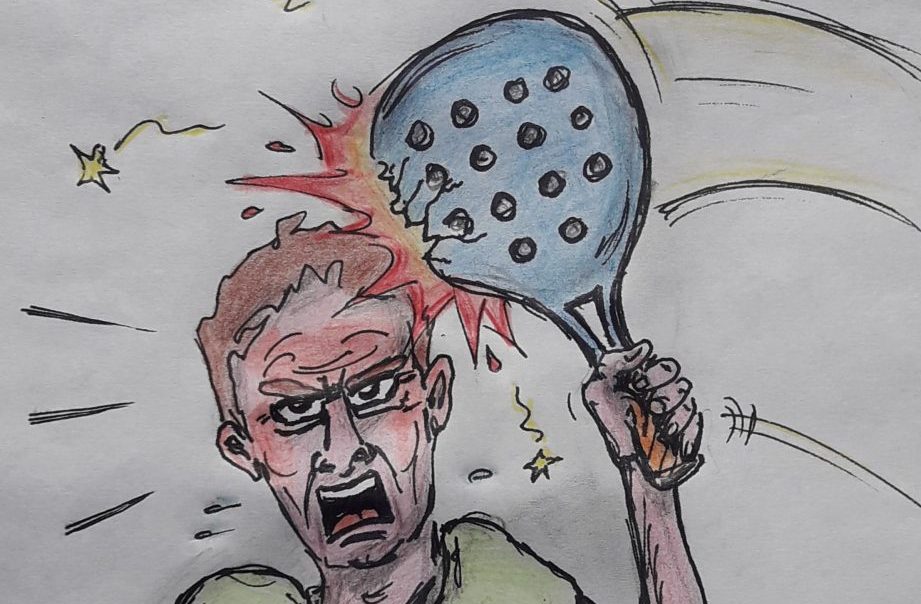 Don't play with a cracked or broken racket, your body will thank you!
Don't play with a cracked or broken racket, your body will thank you! Michel Cymes: “The padel, physically, it’s serious!”
Michel Cymes: “The padel, physically, it’s serious!”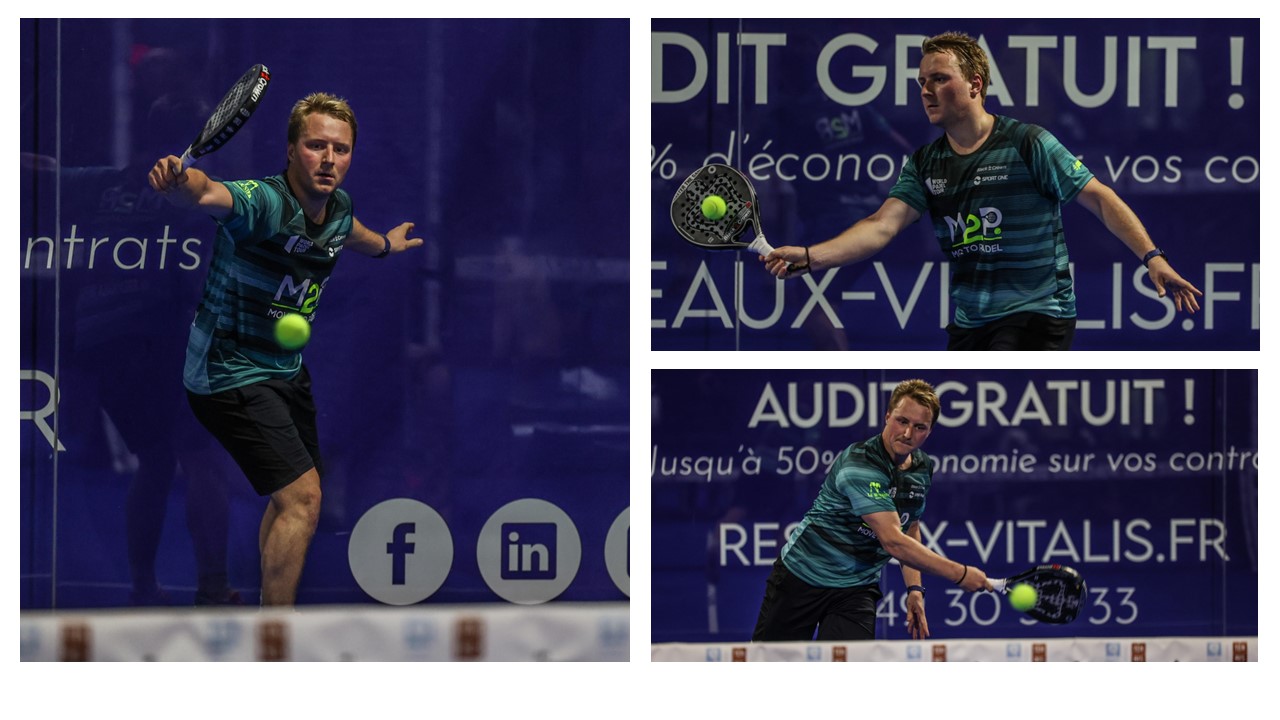 Jeremy Gala: “Promote the padel among young people in Belgium remains a challenge”
Jeremy Gala: “Promote the padel among young people in Belgium remains a challenge”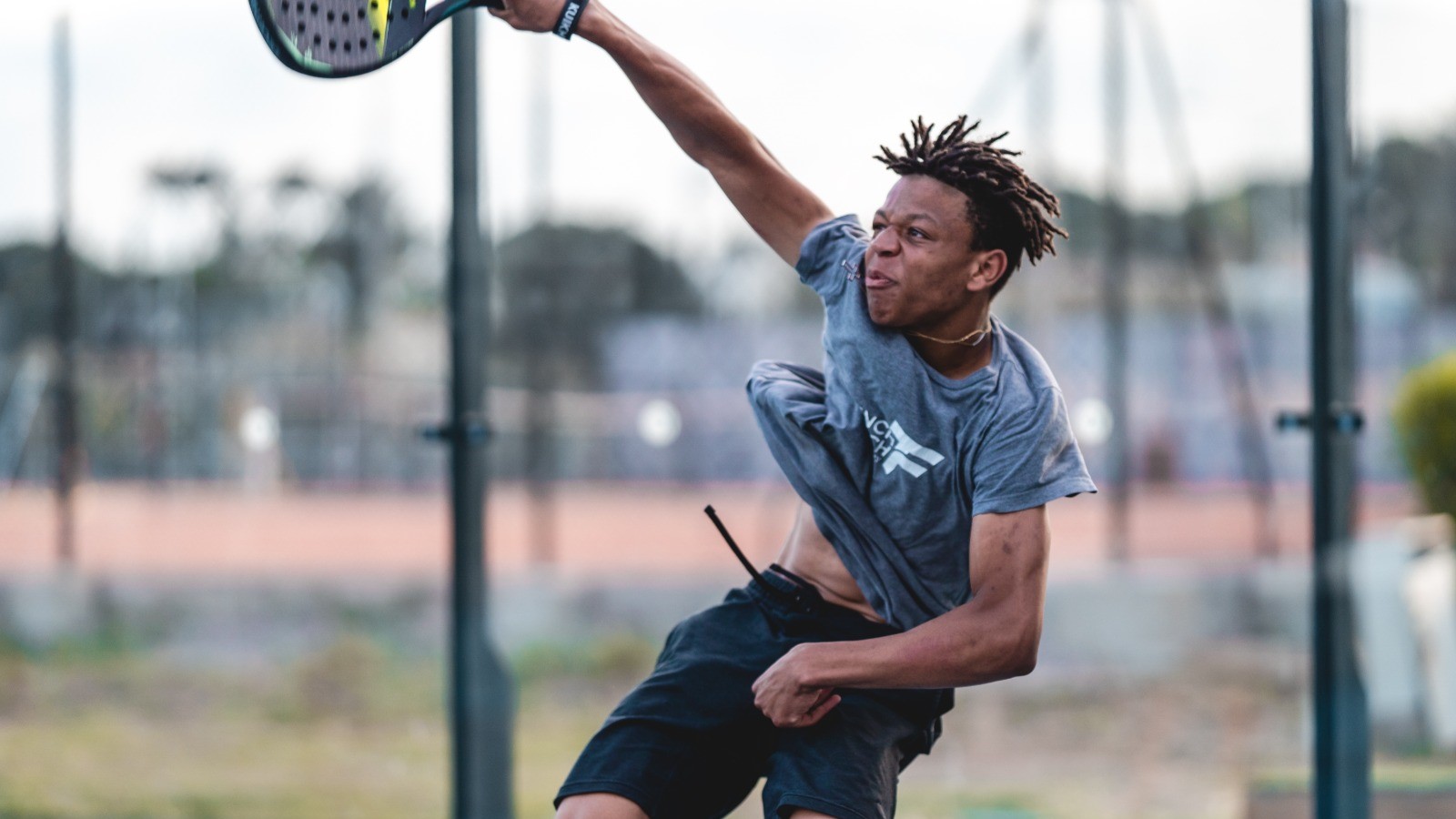 The French Touch Academy organizes its selection day Padel-Study
The French Touch Academy organizes its selection day Padel-Study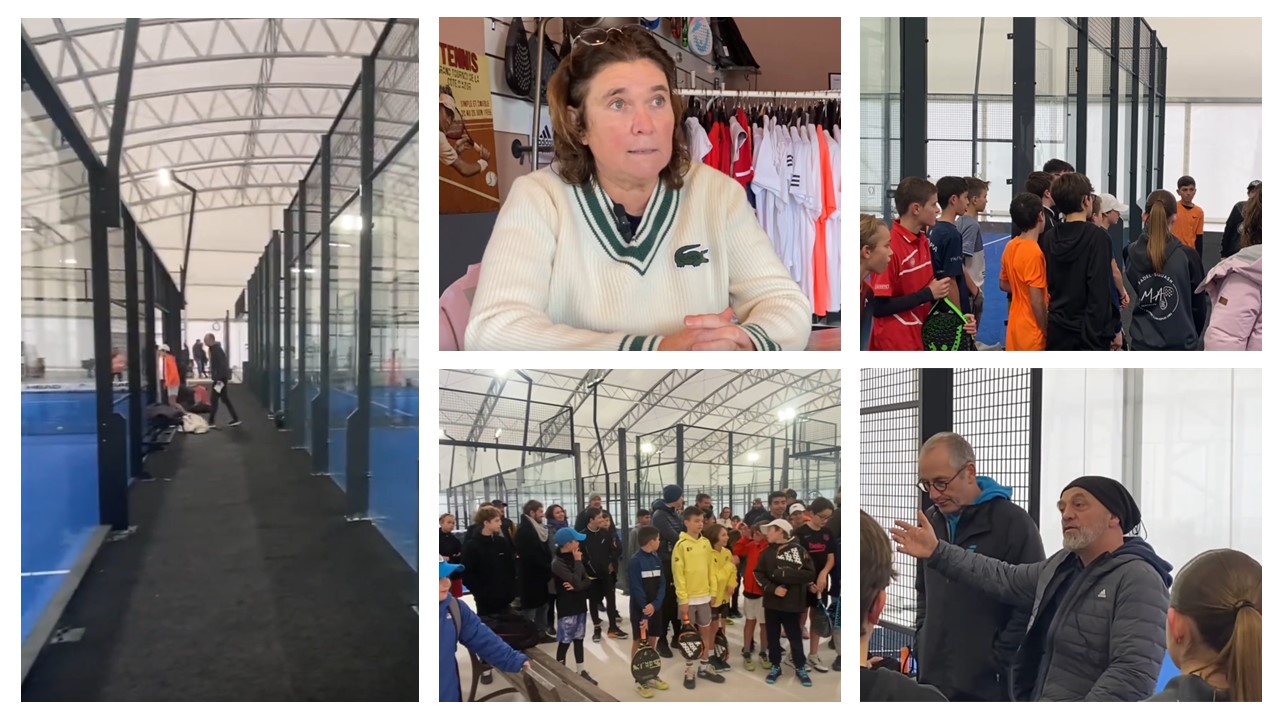 Report on the detection and training of younger generations
Report on the detection and training of younger generations